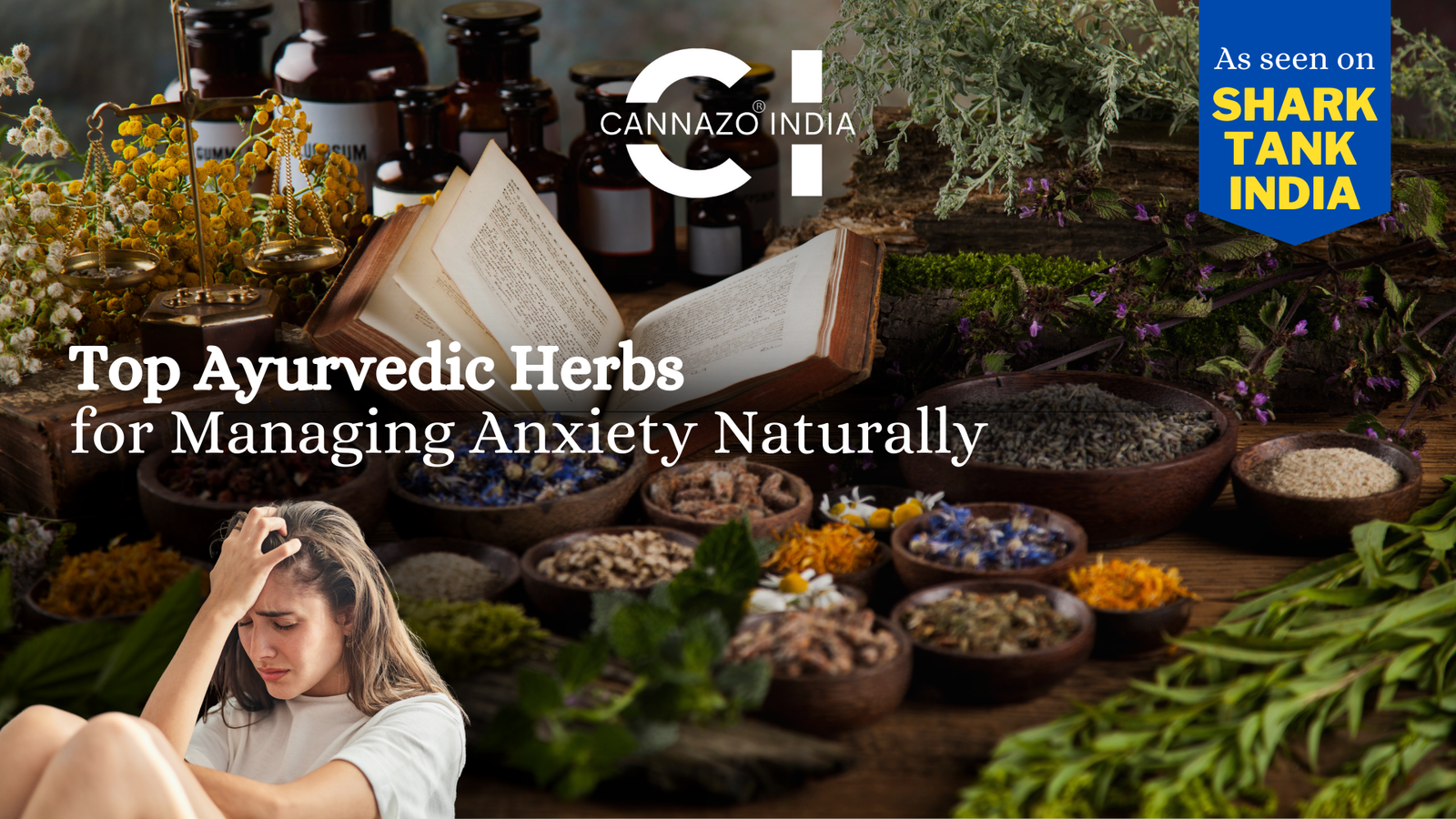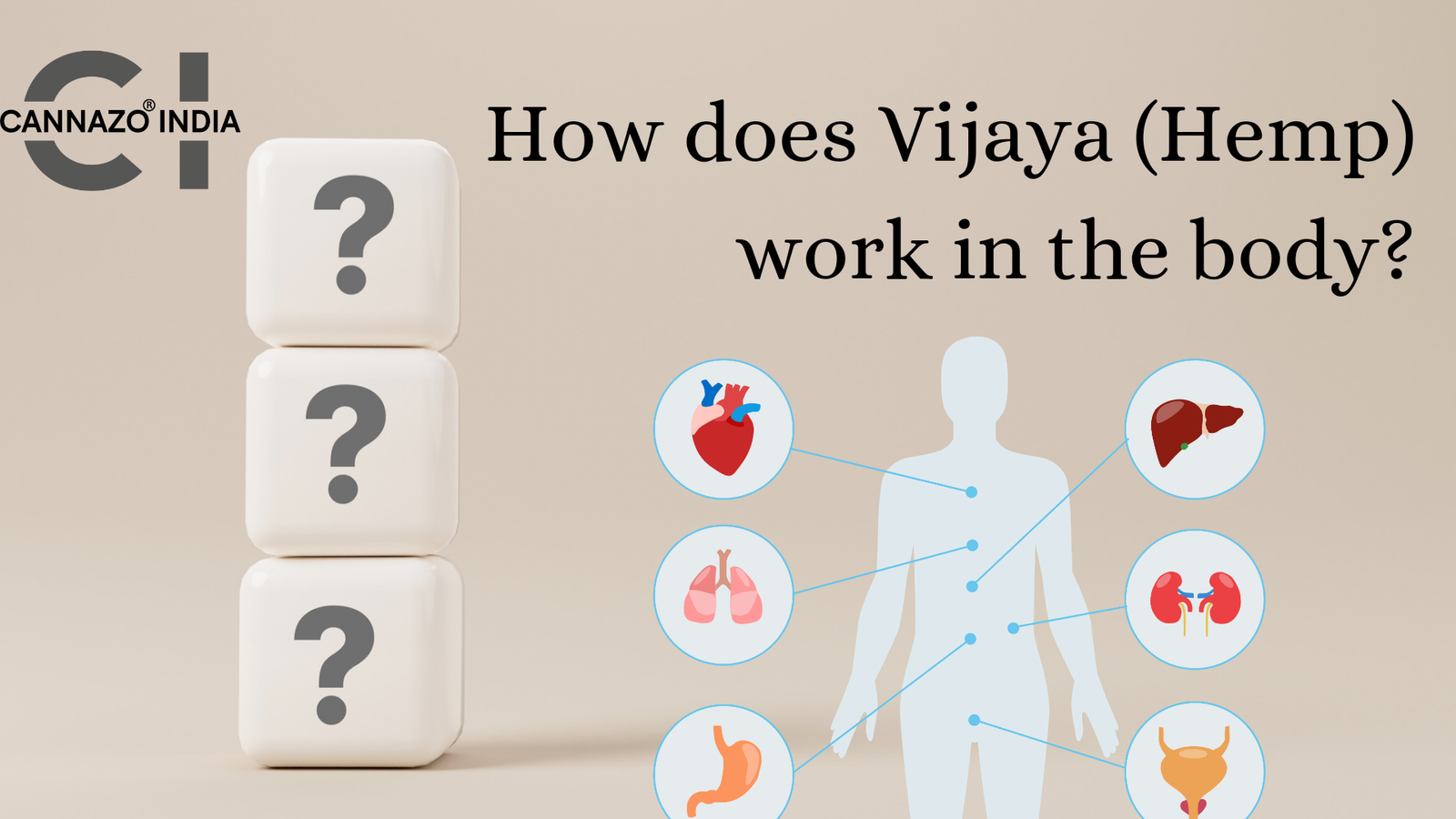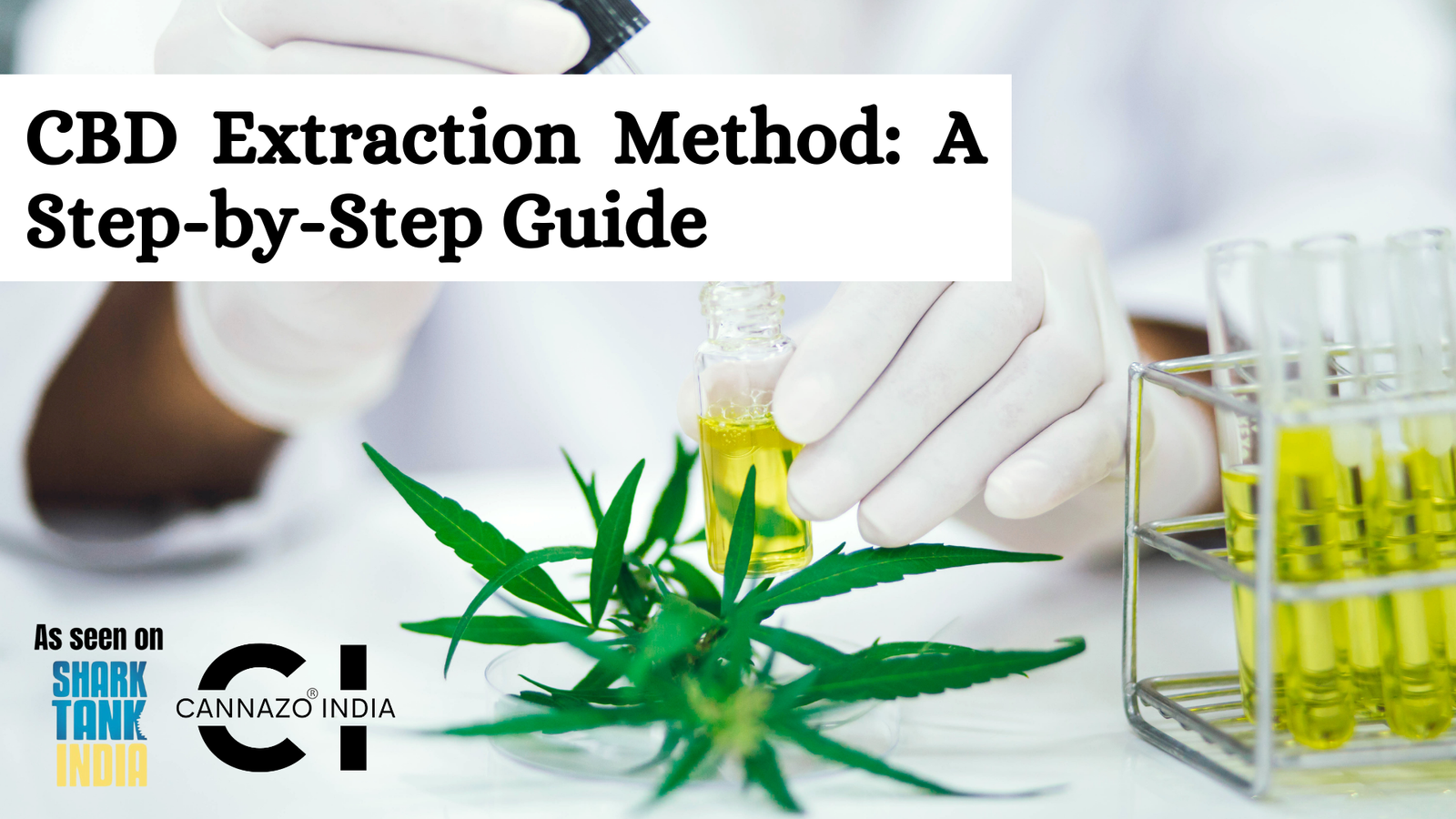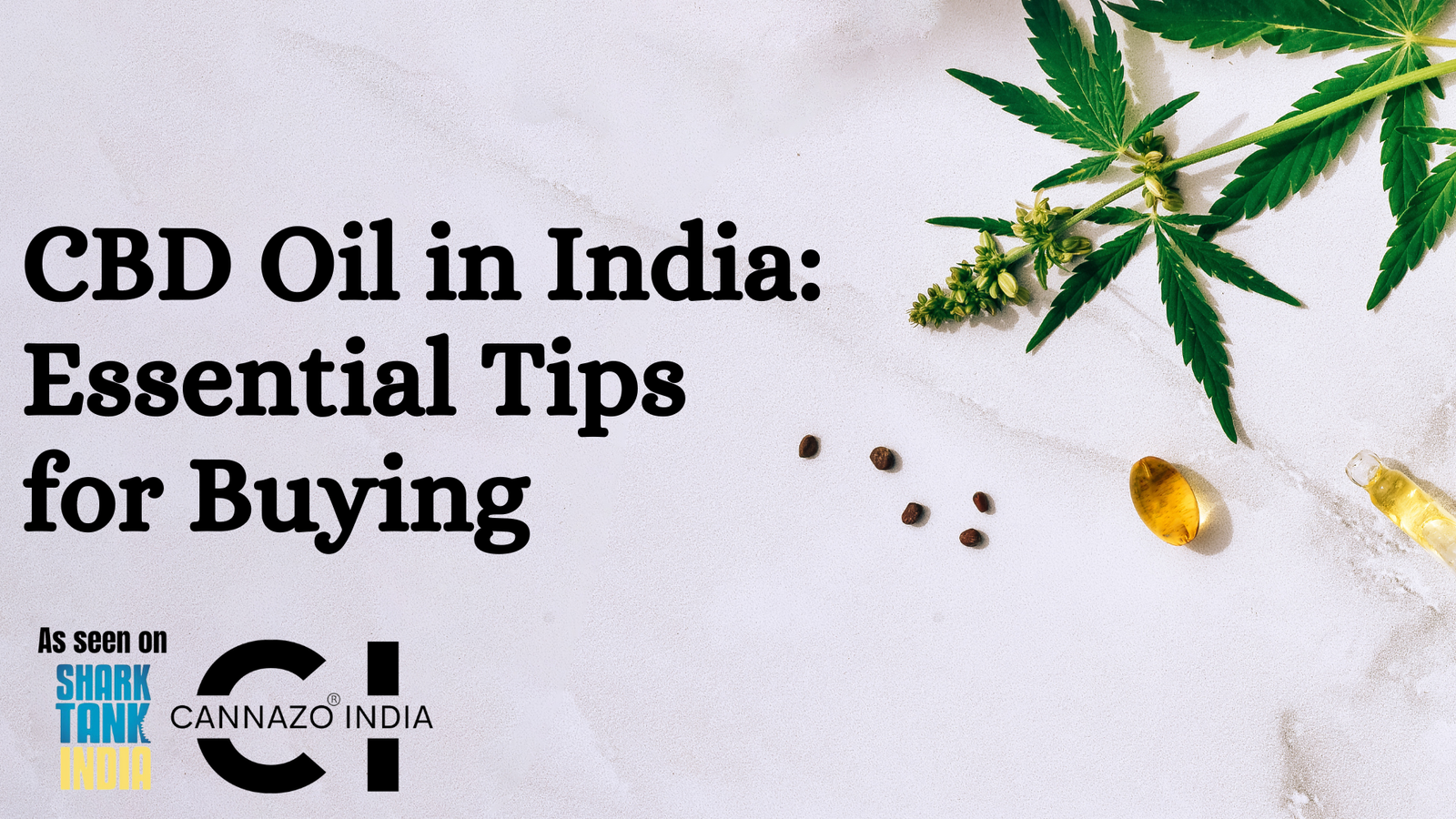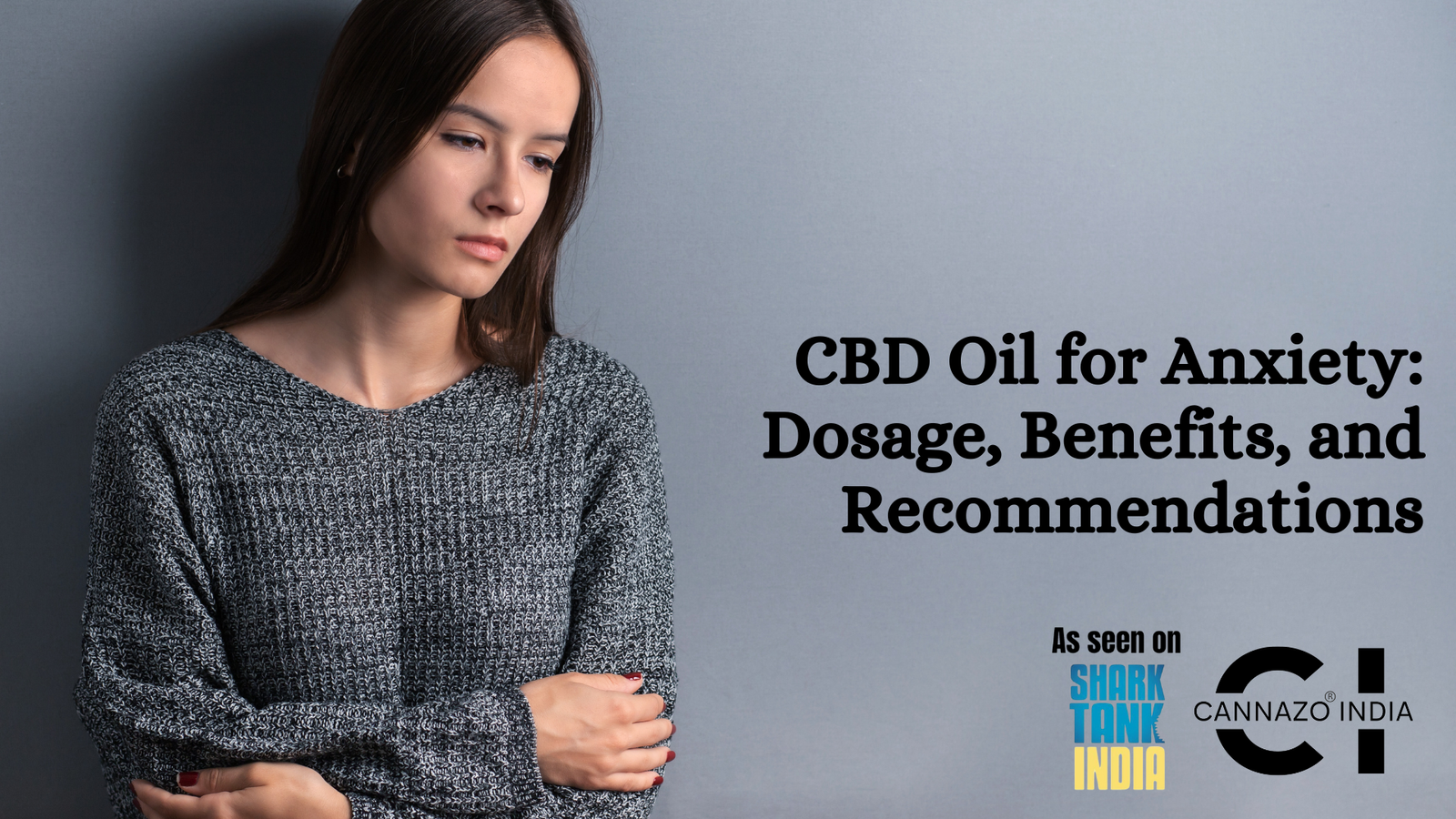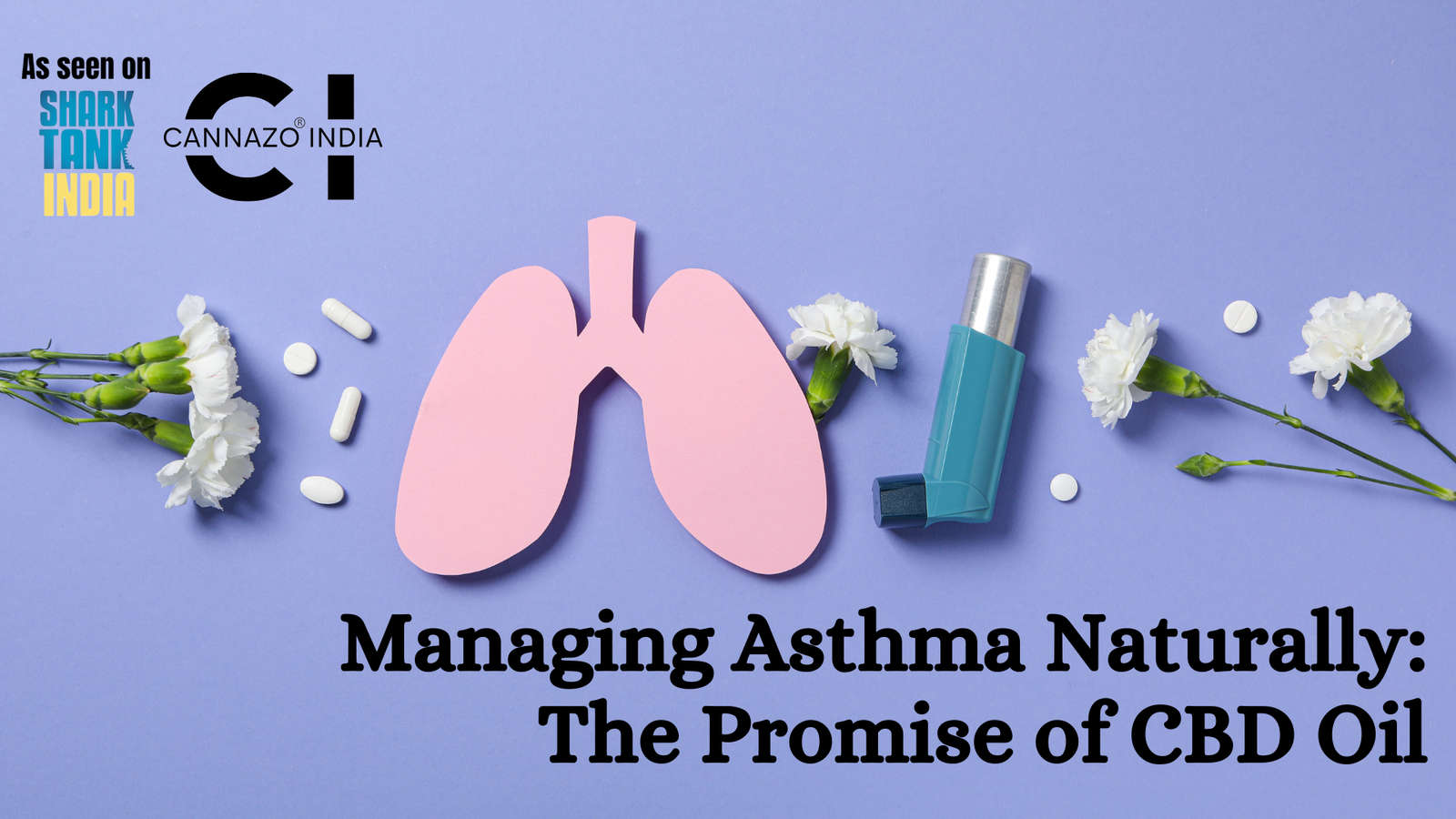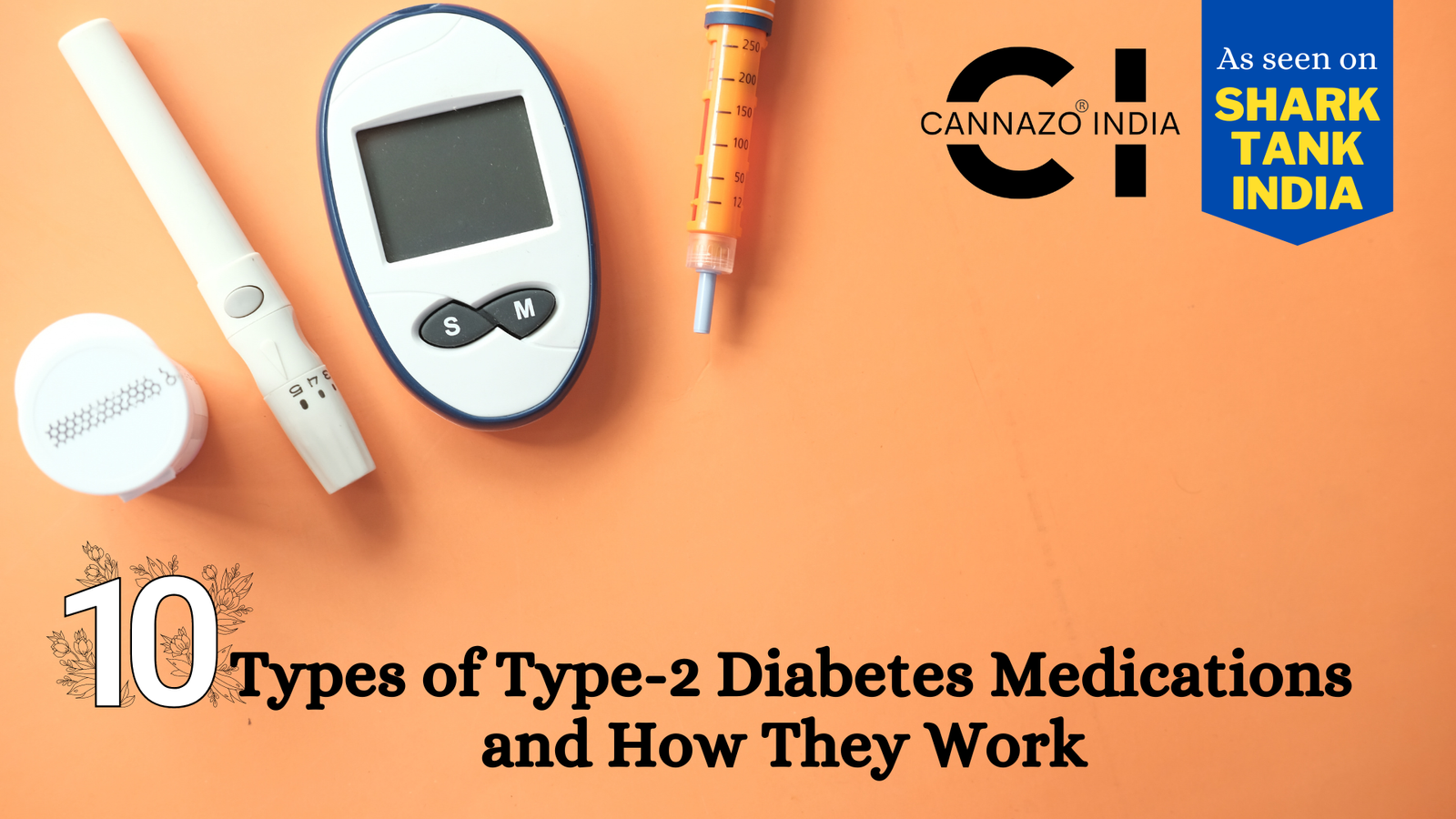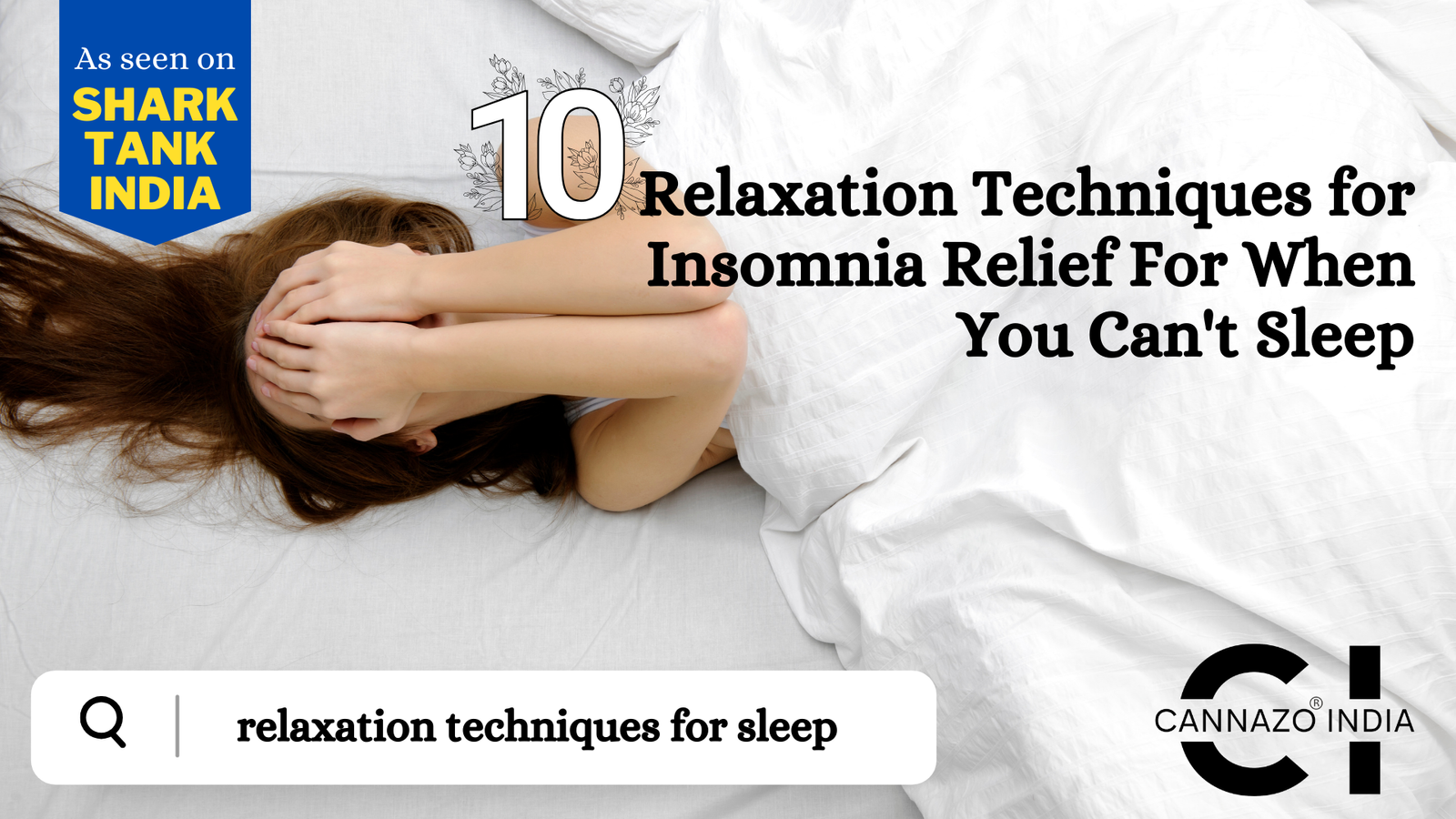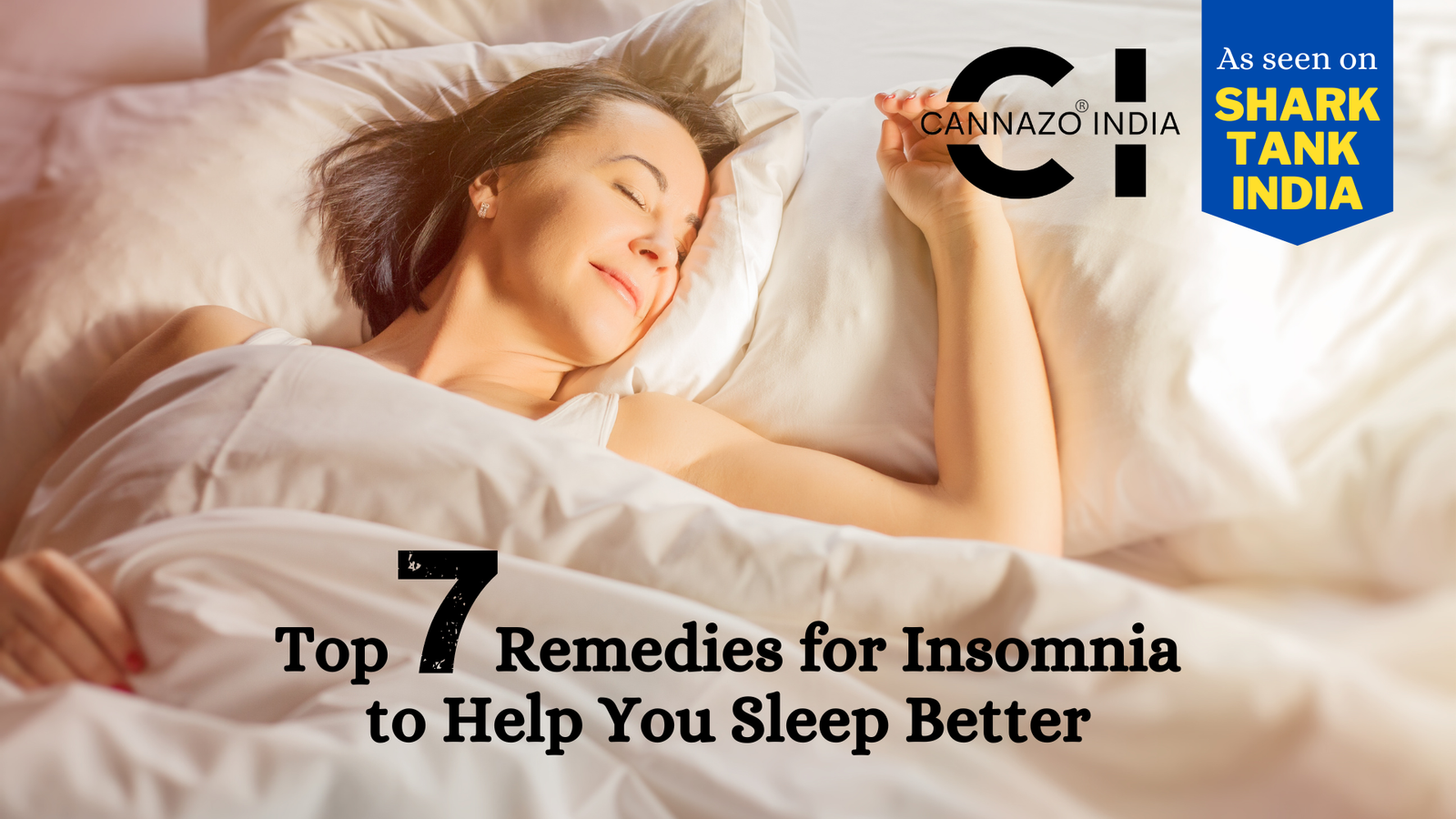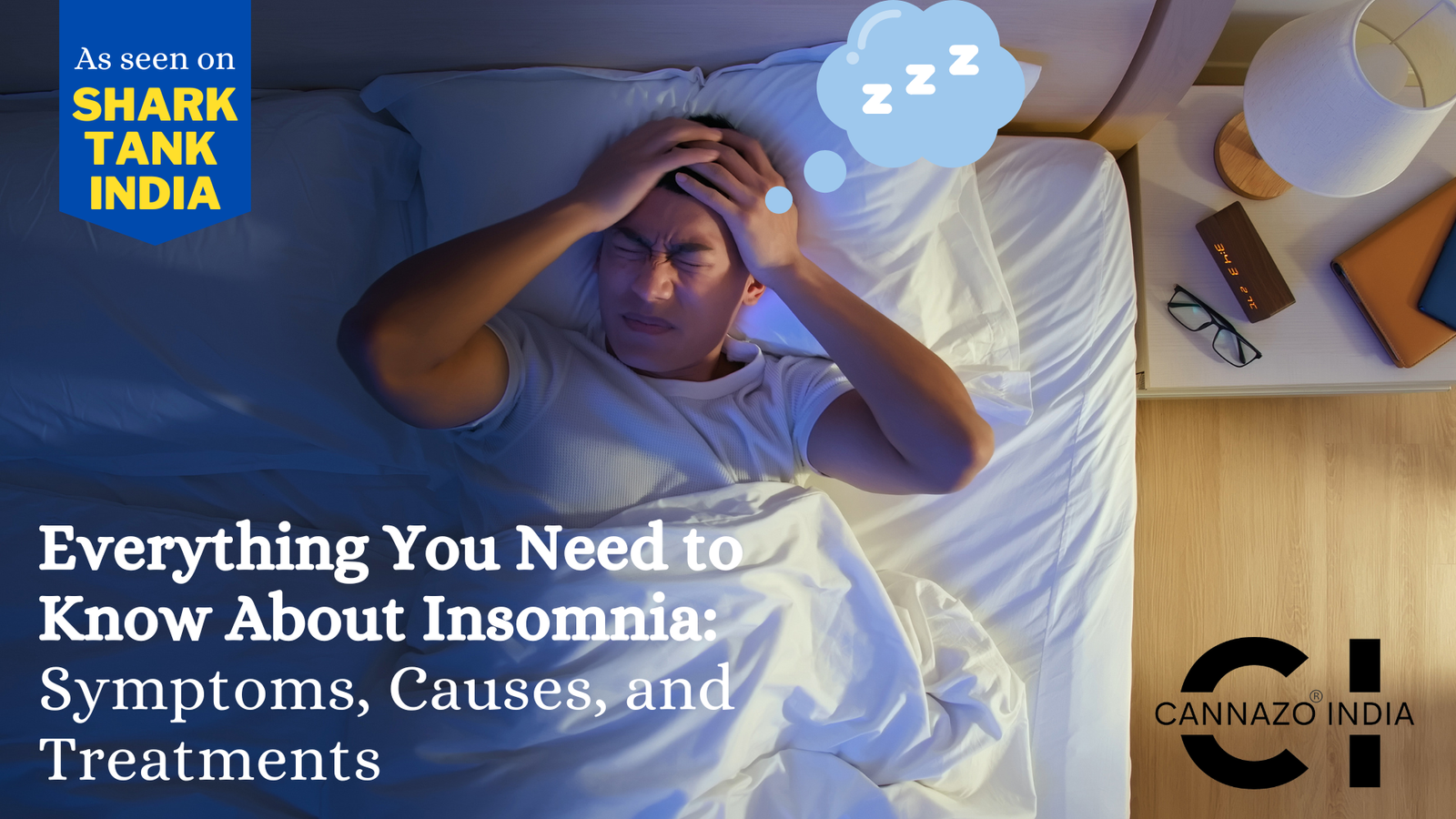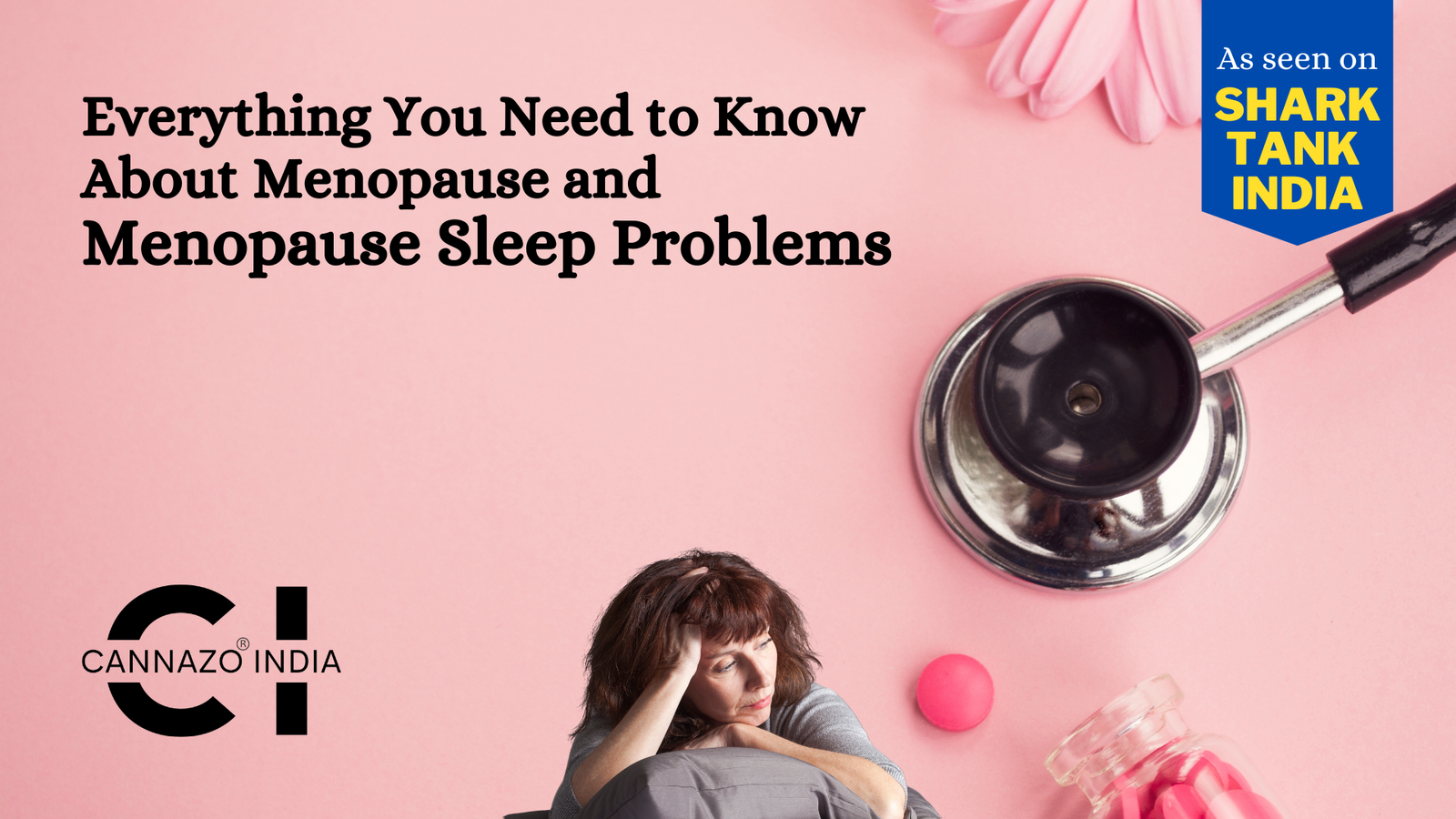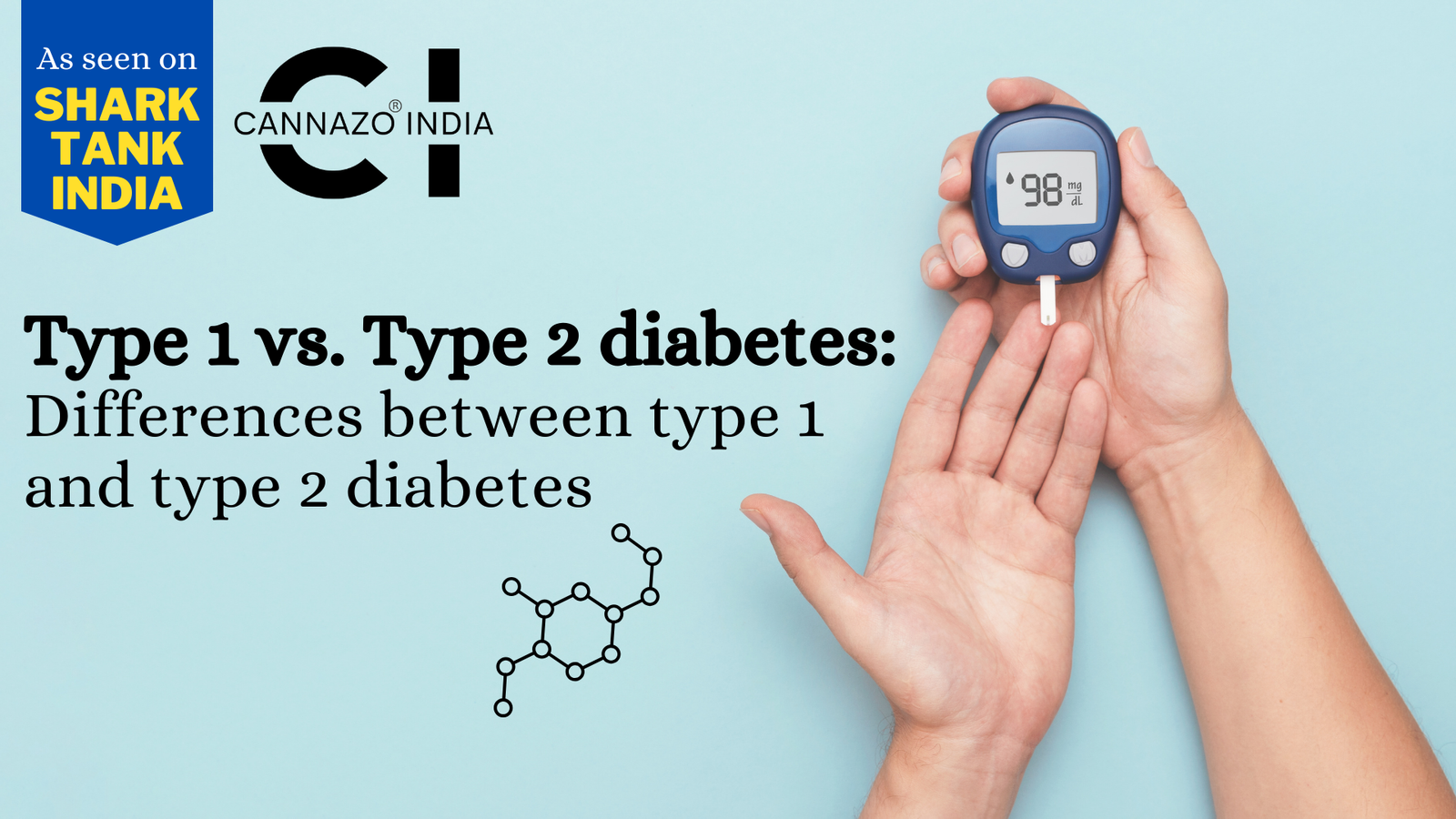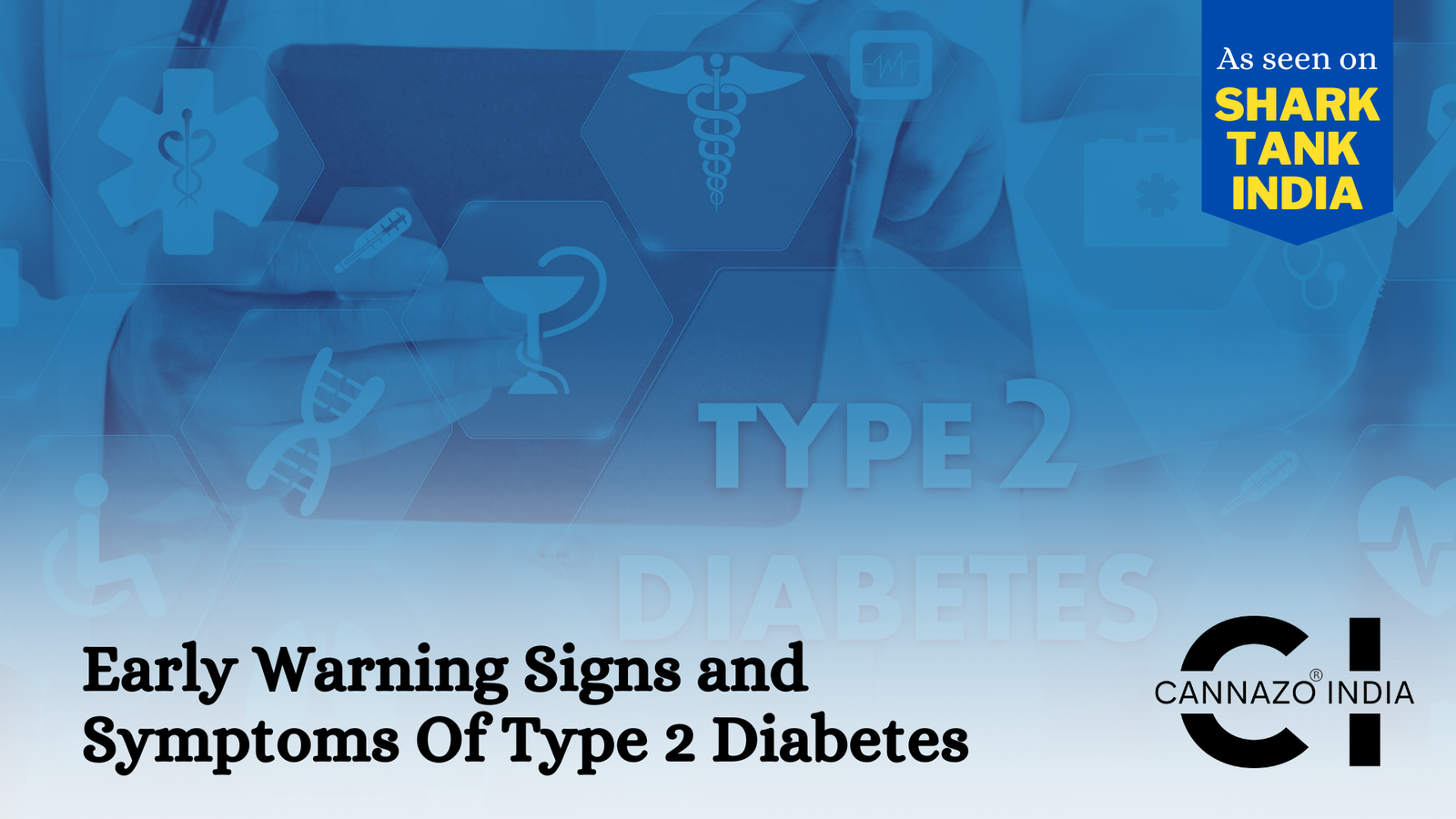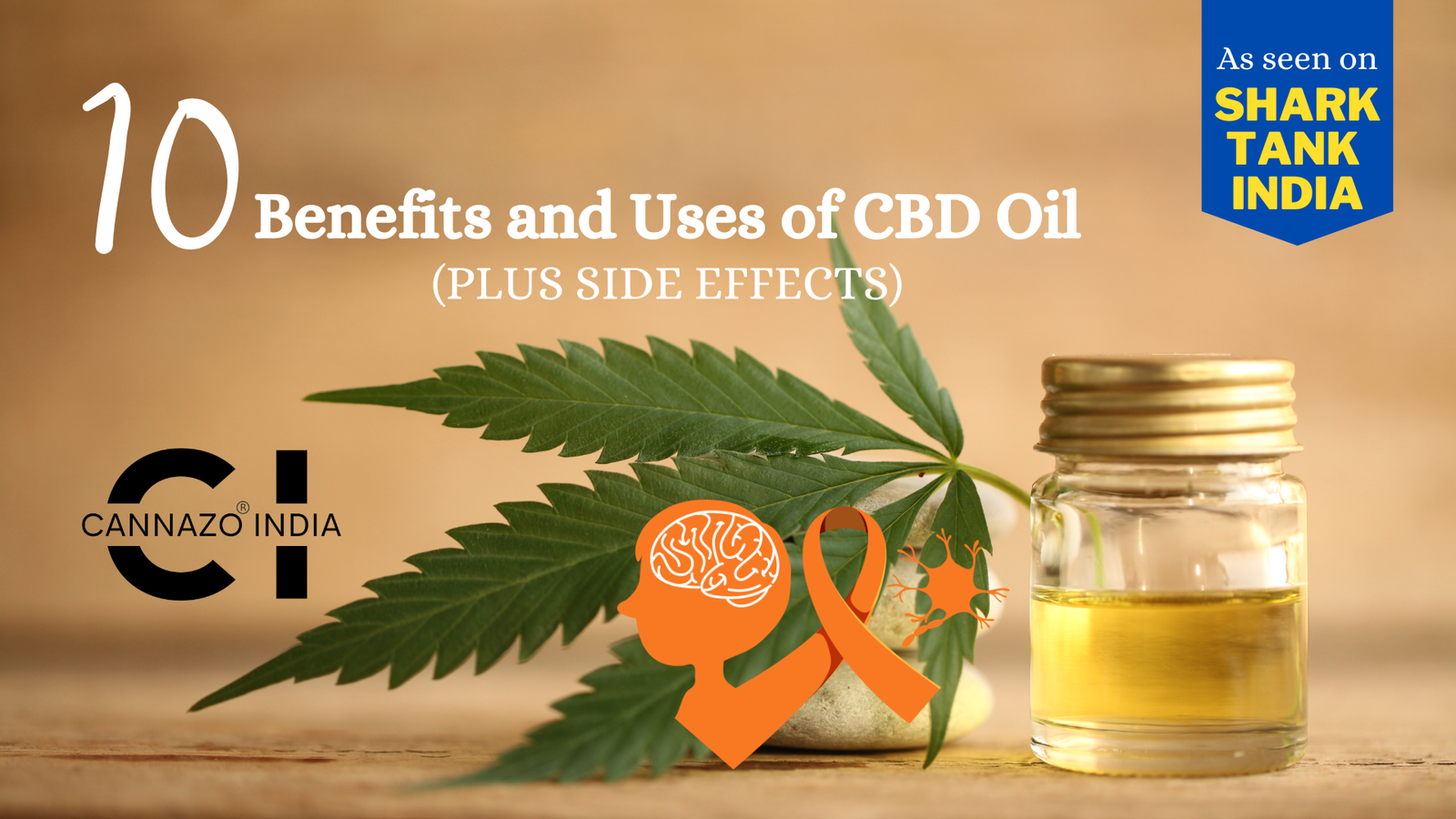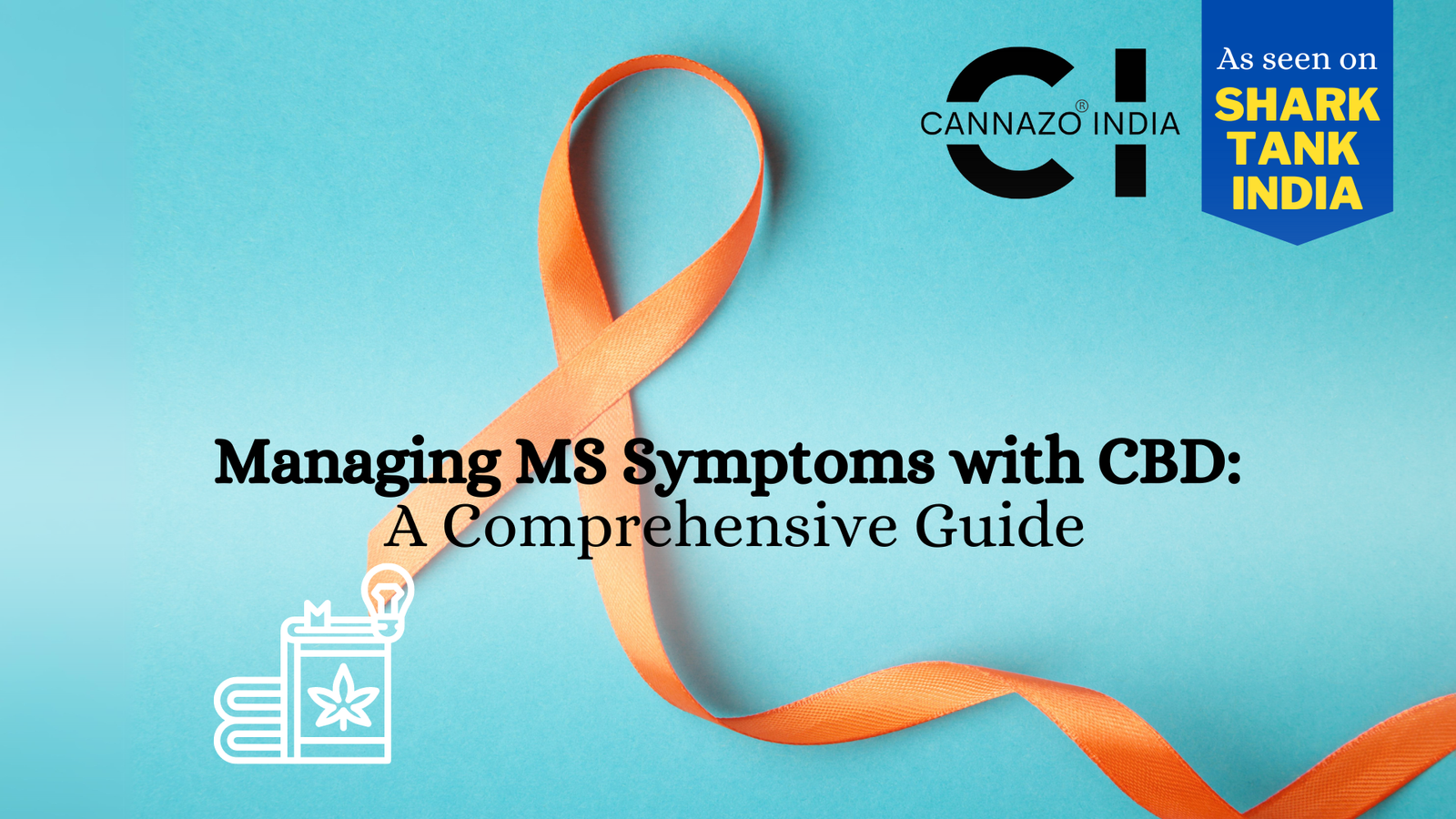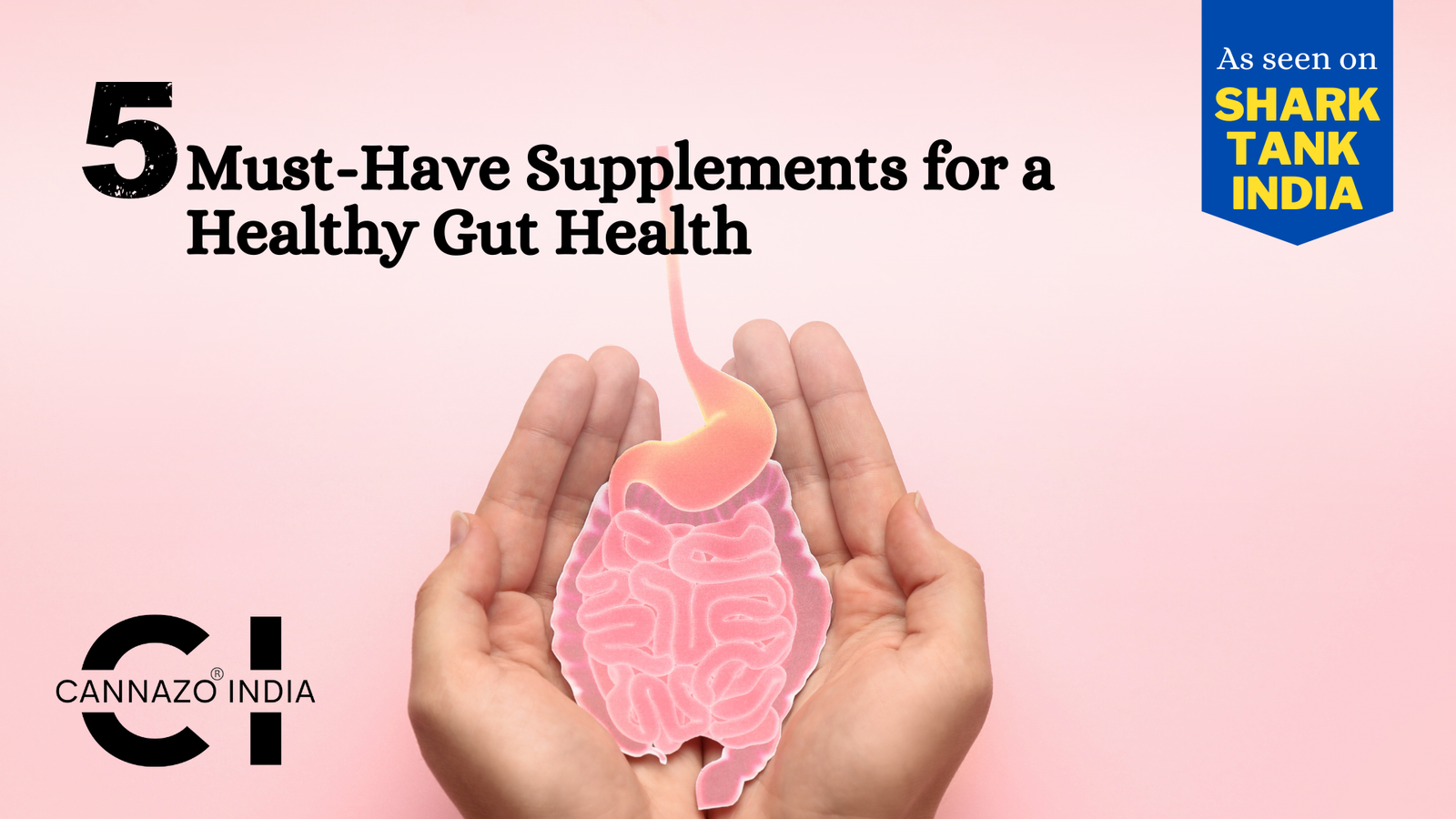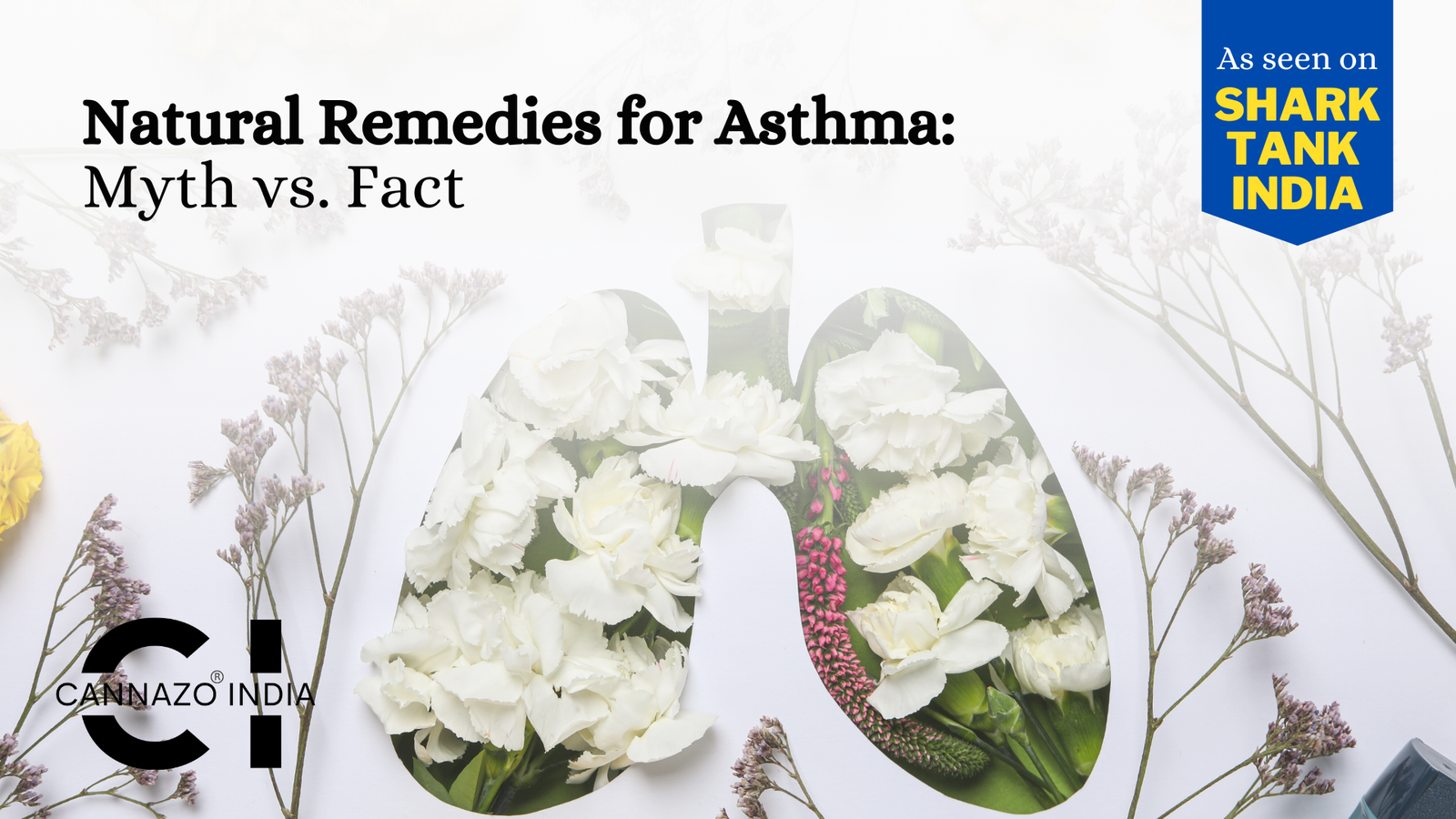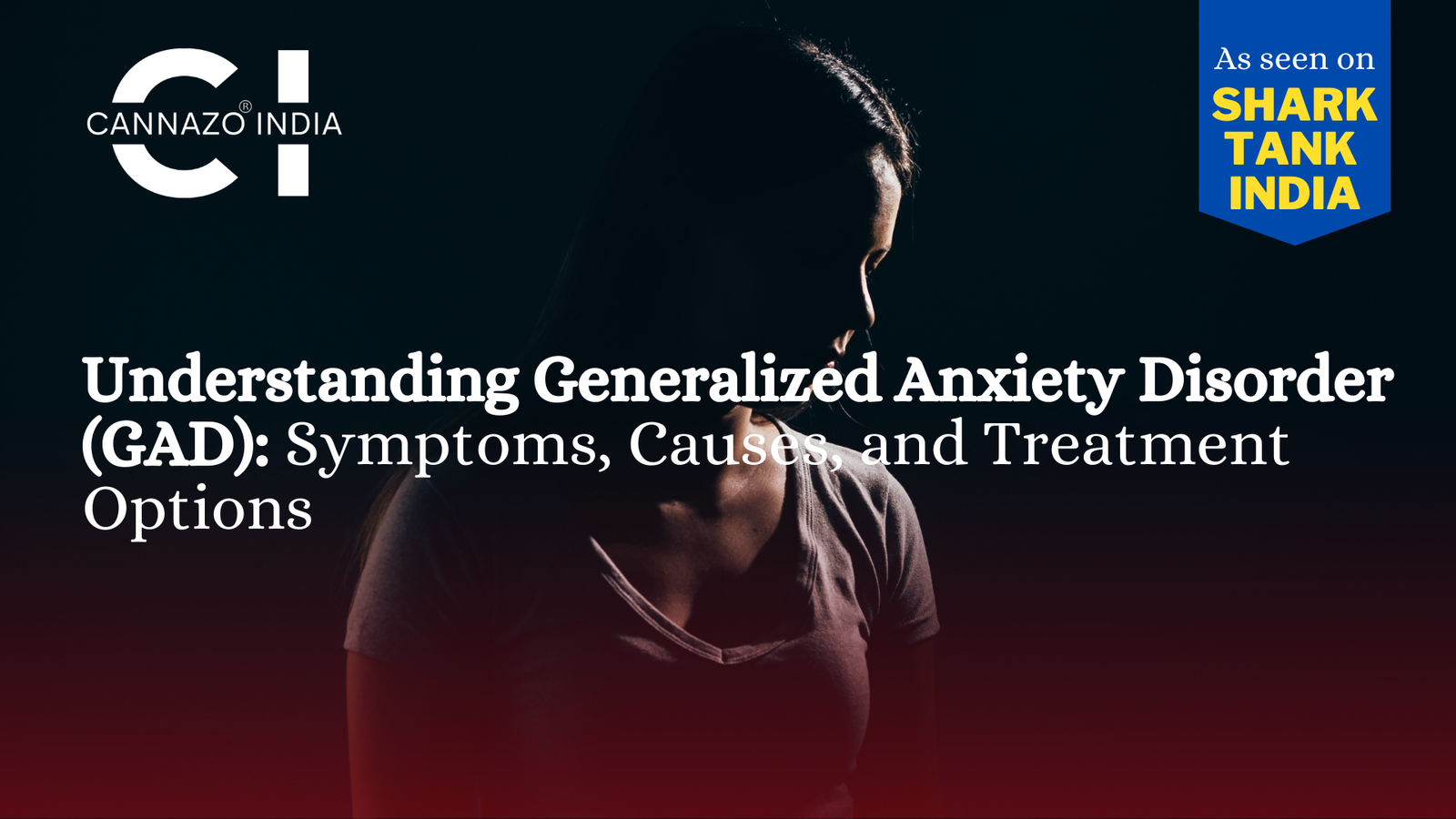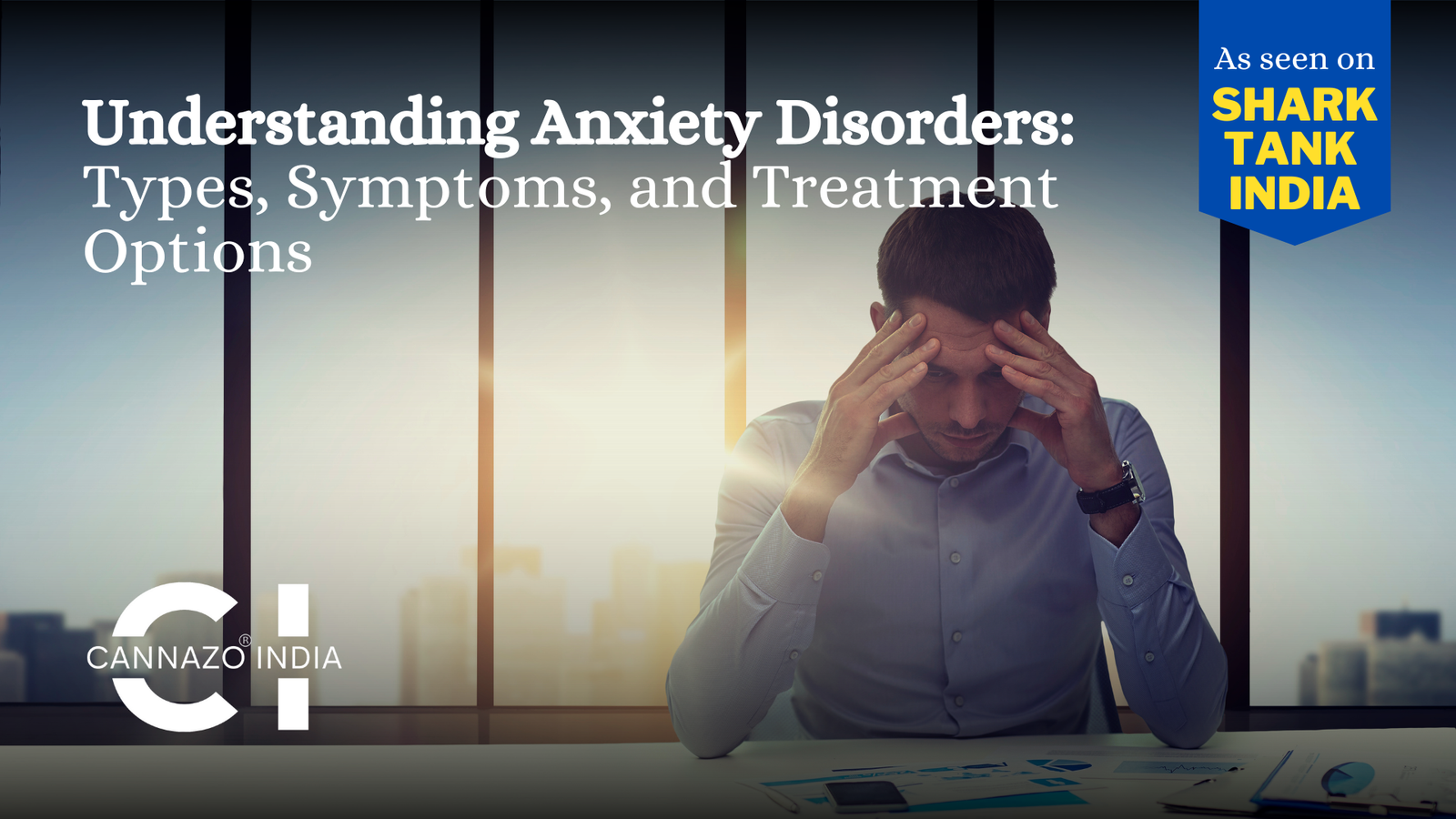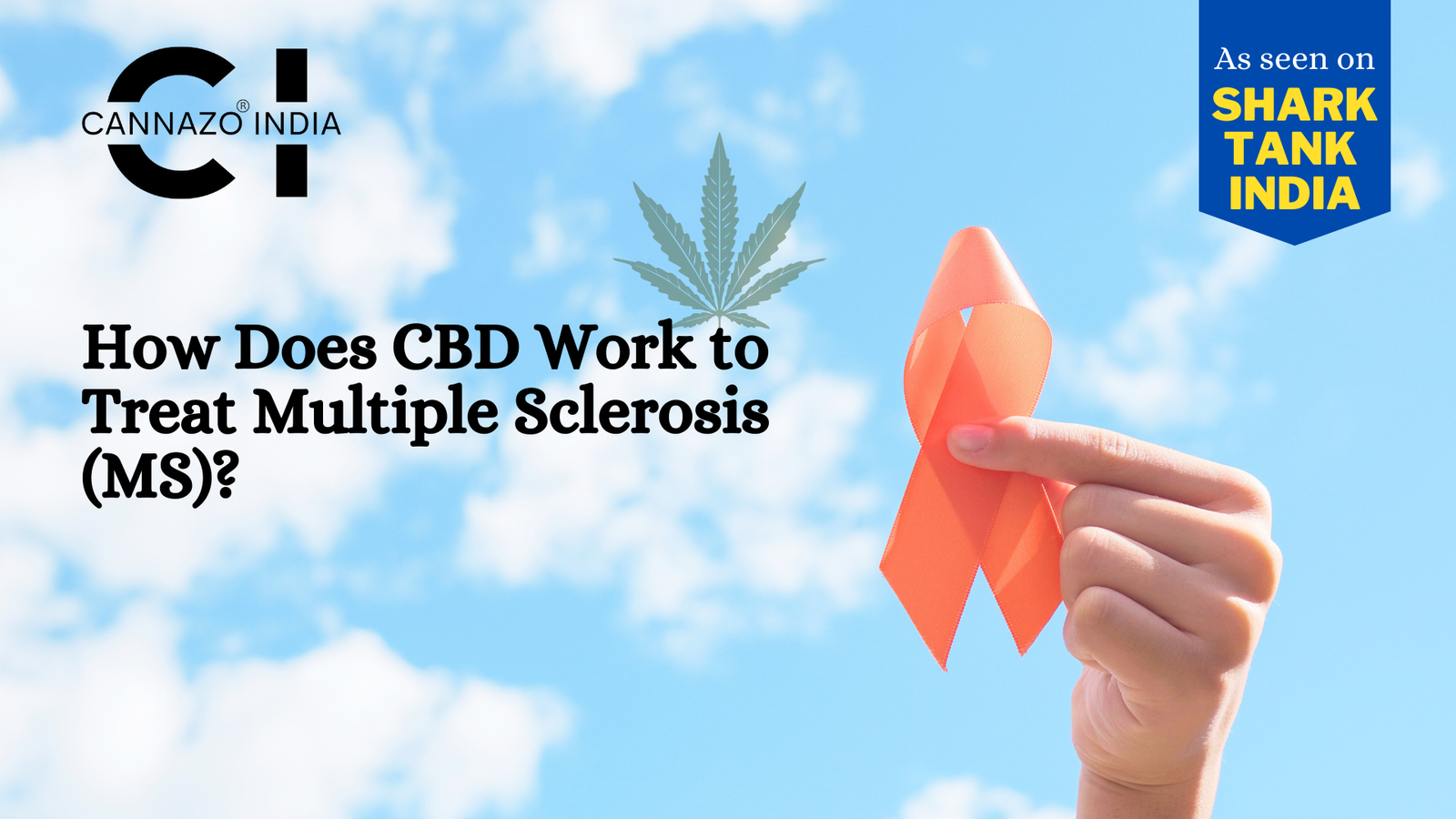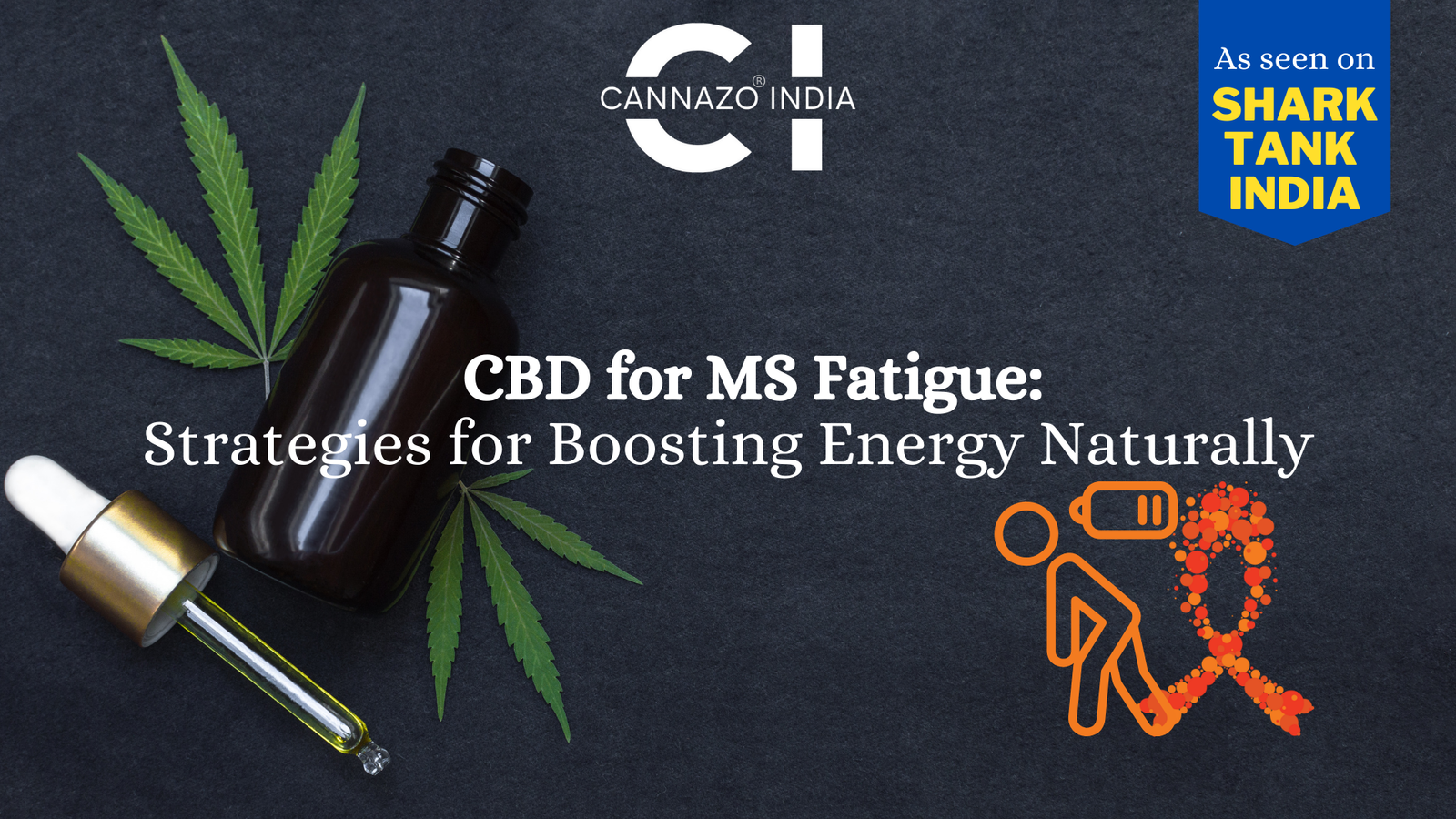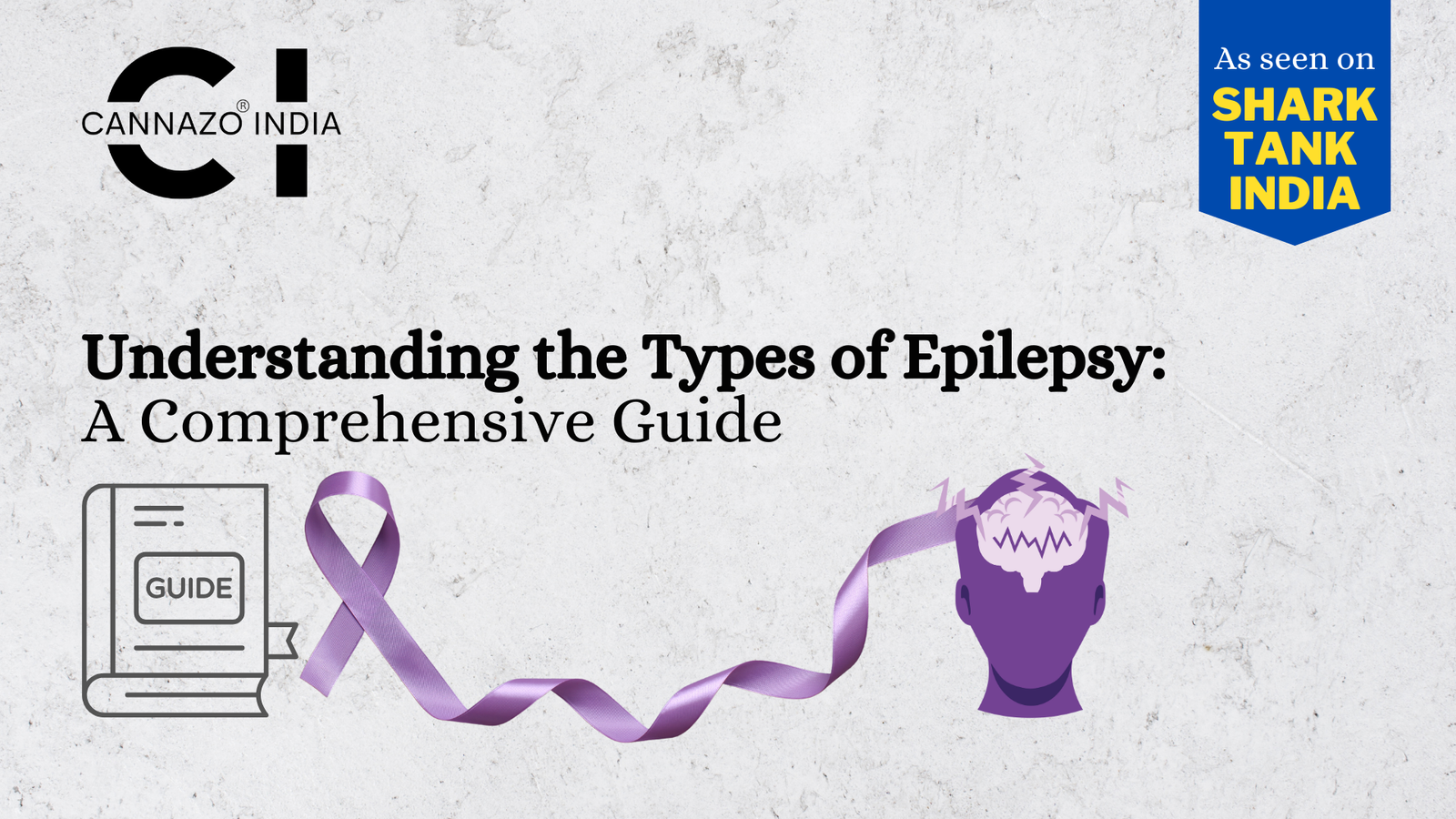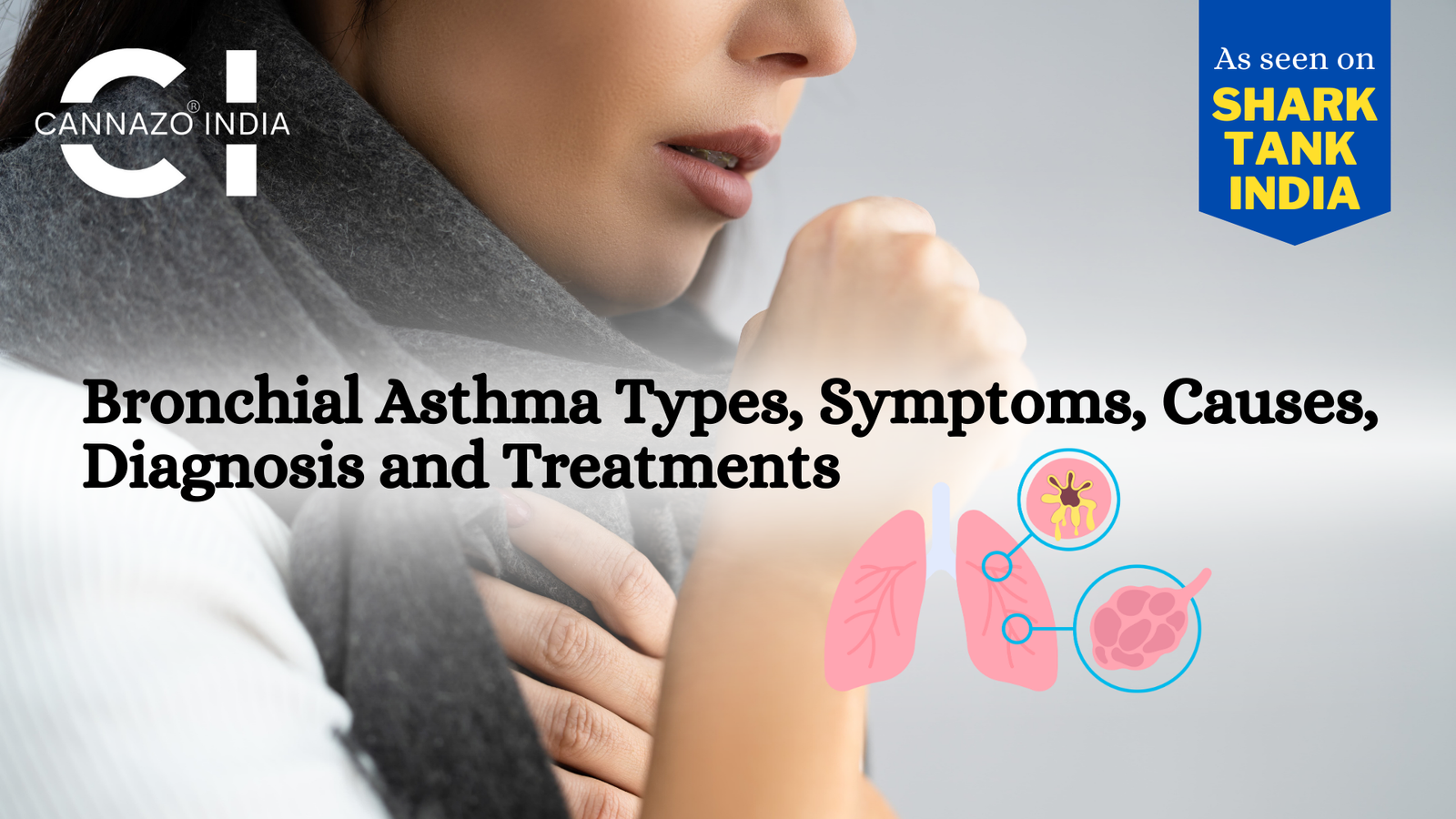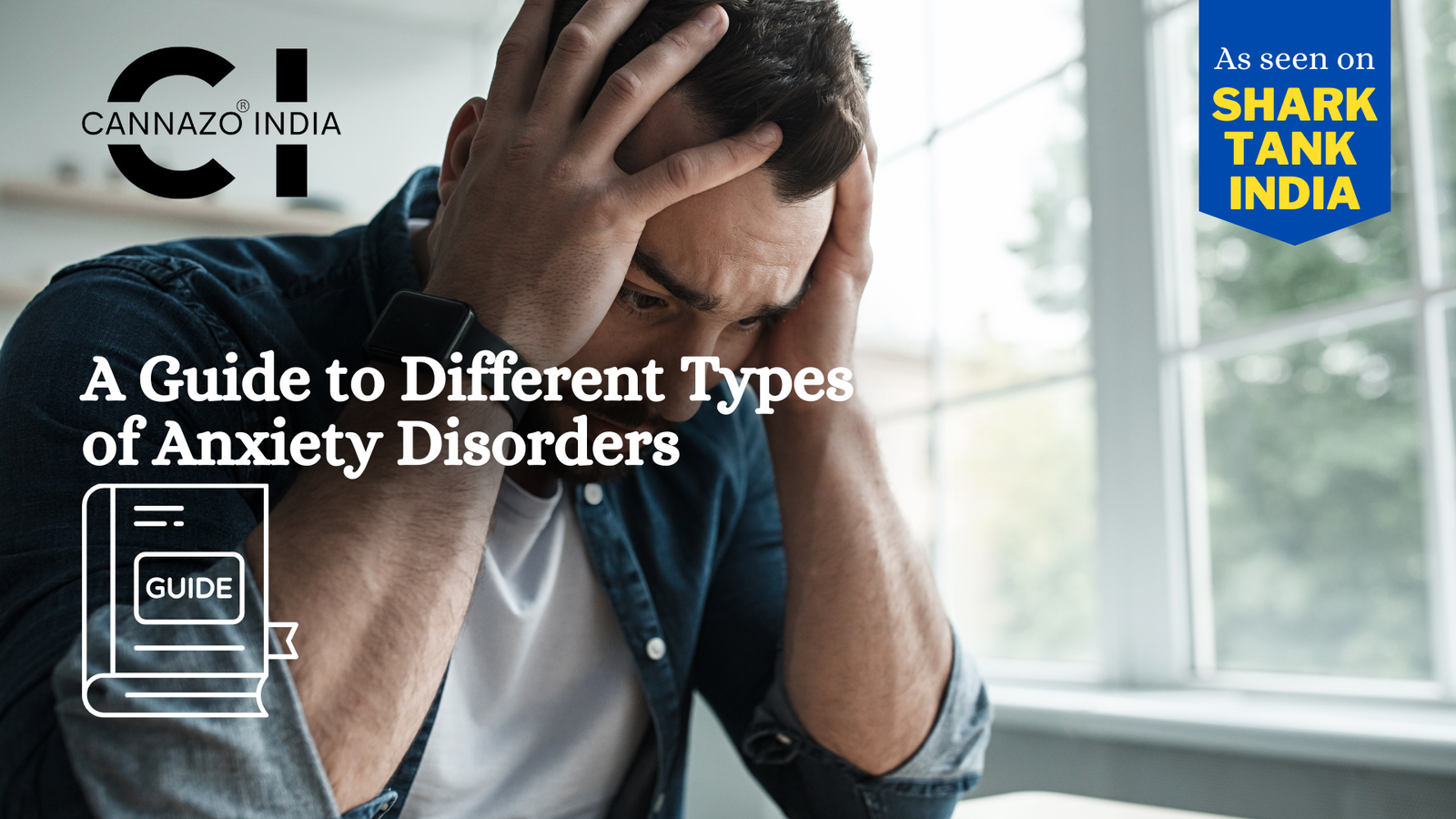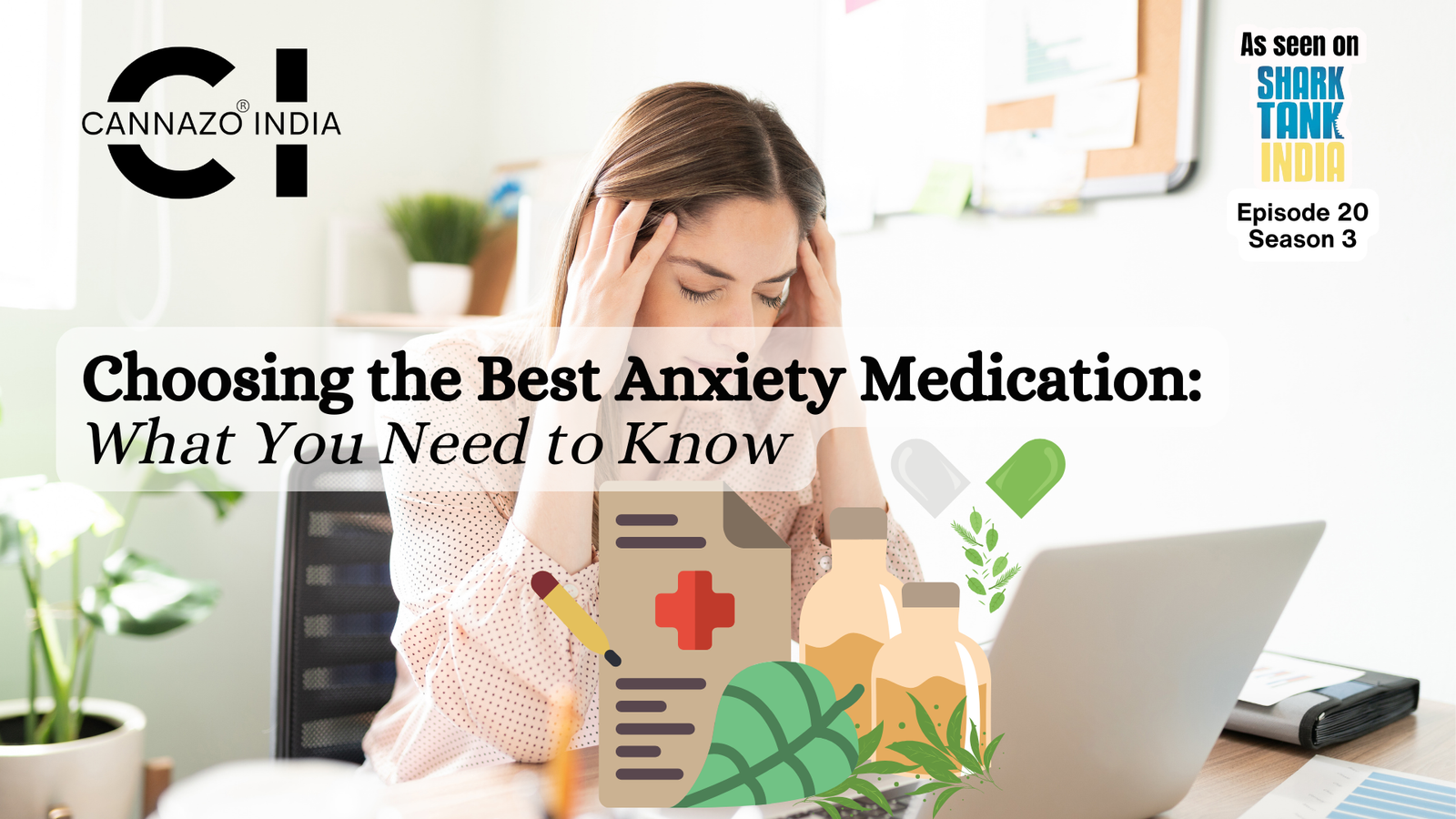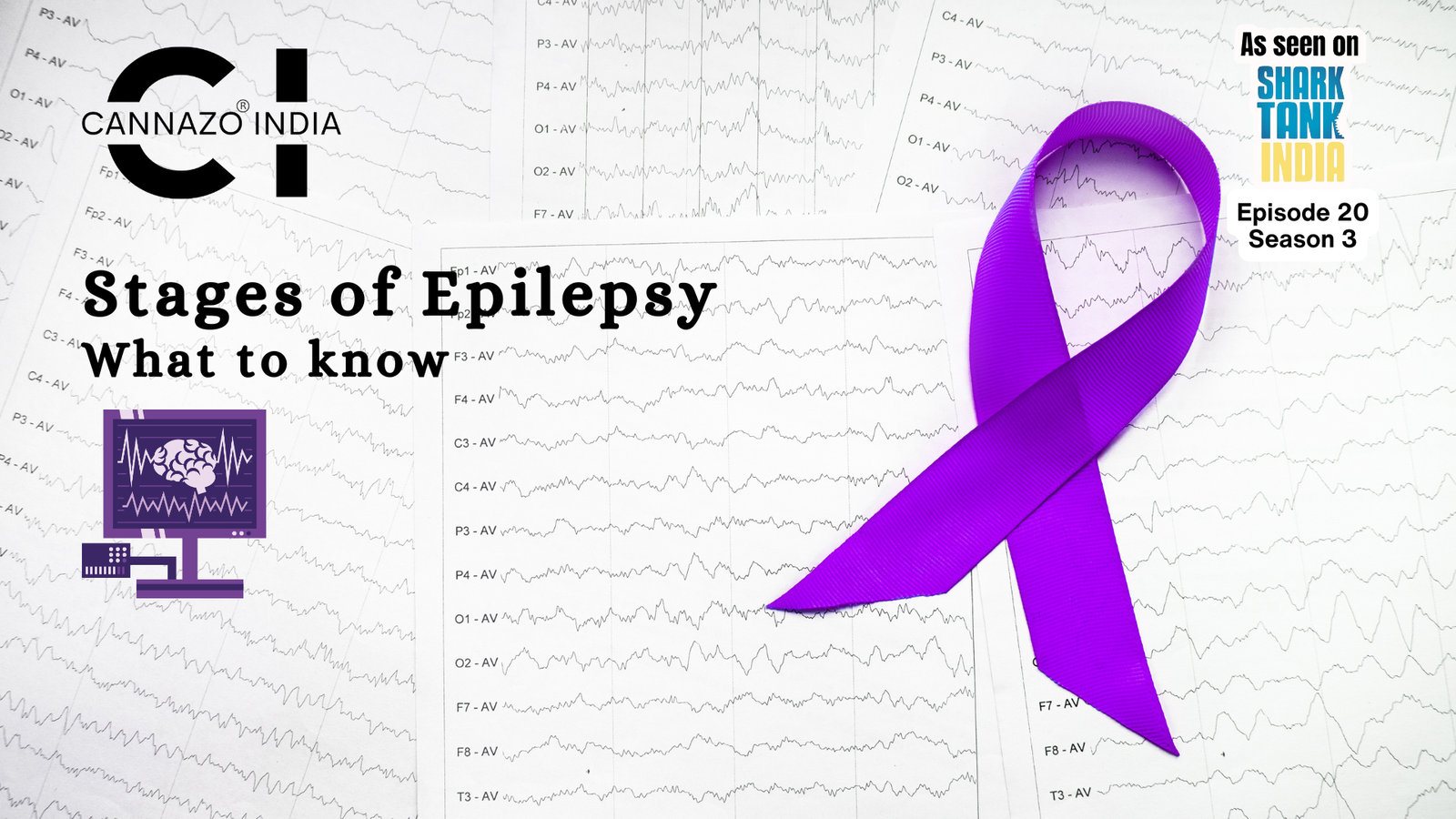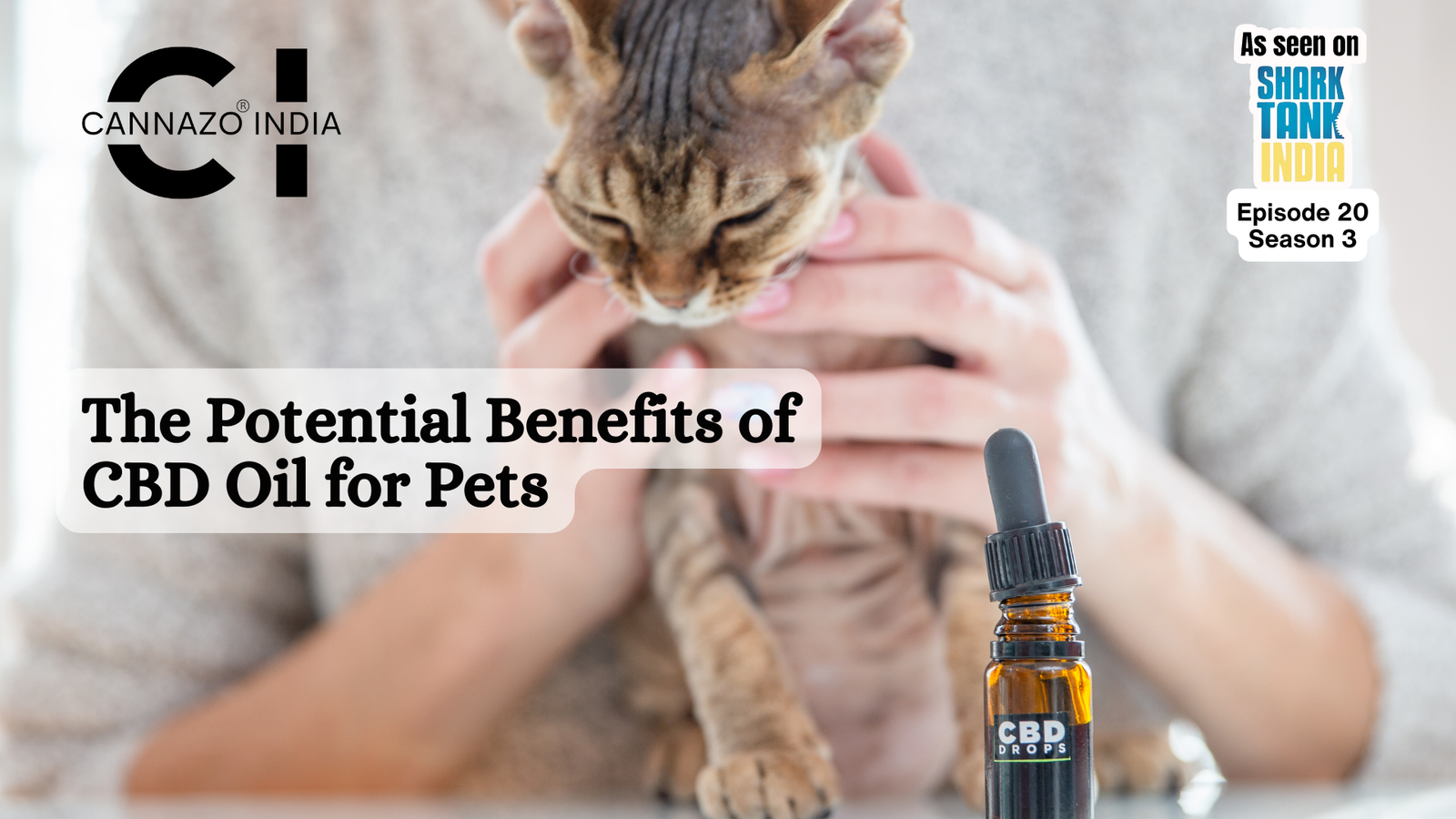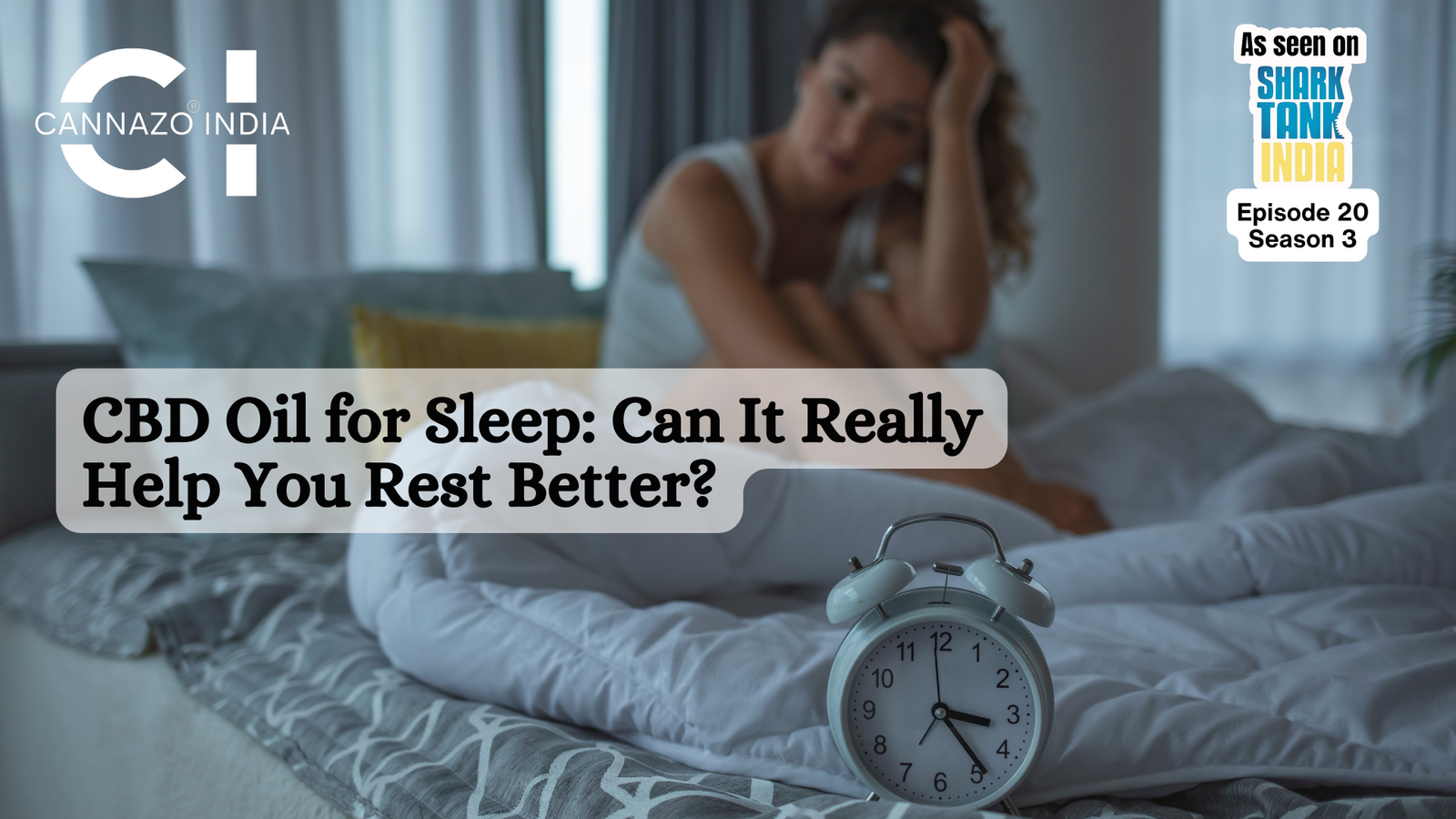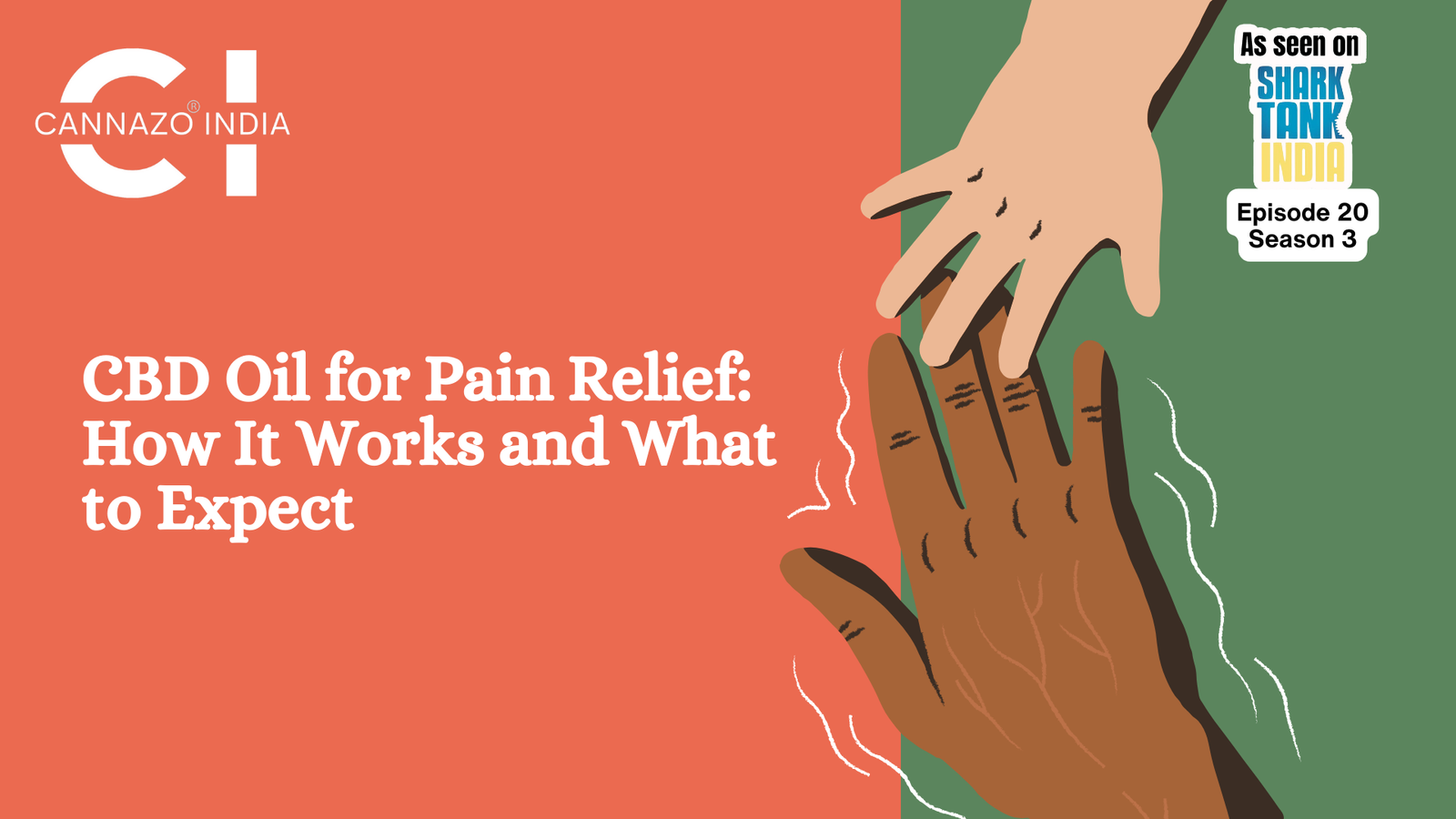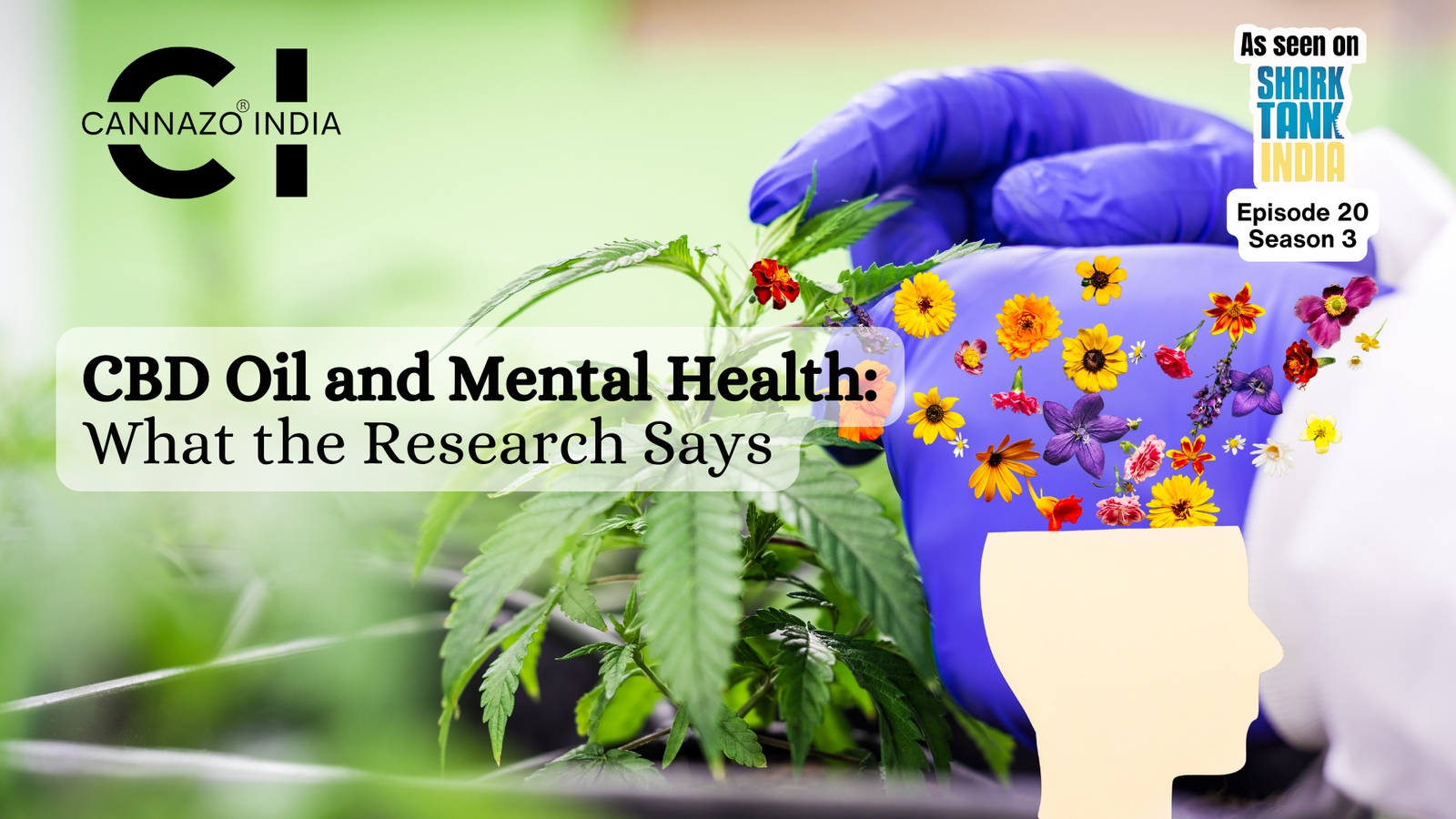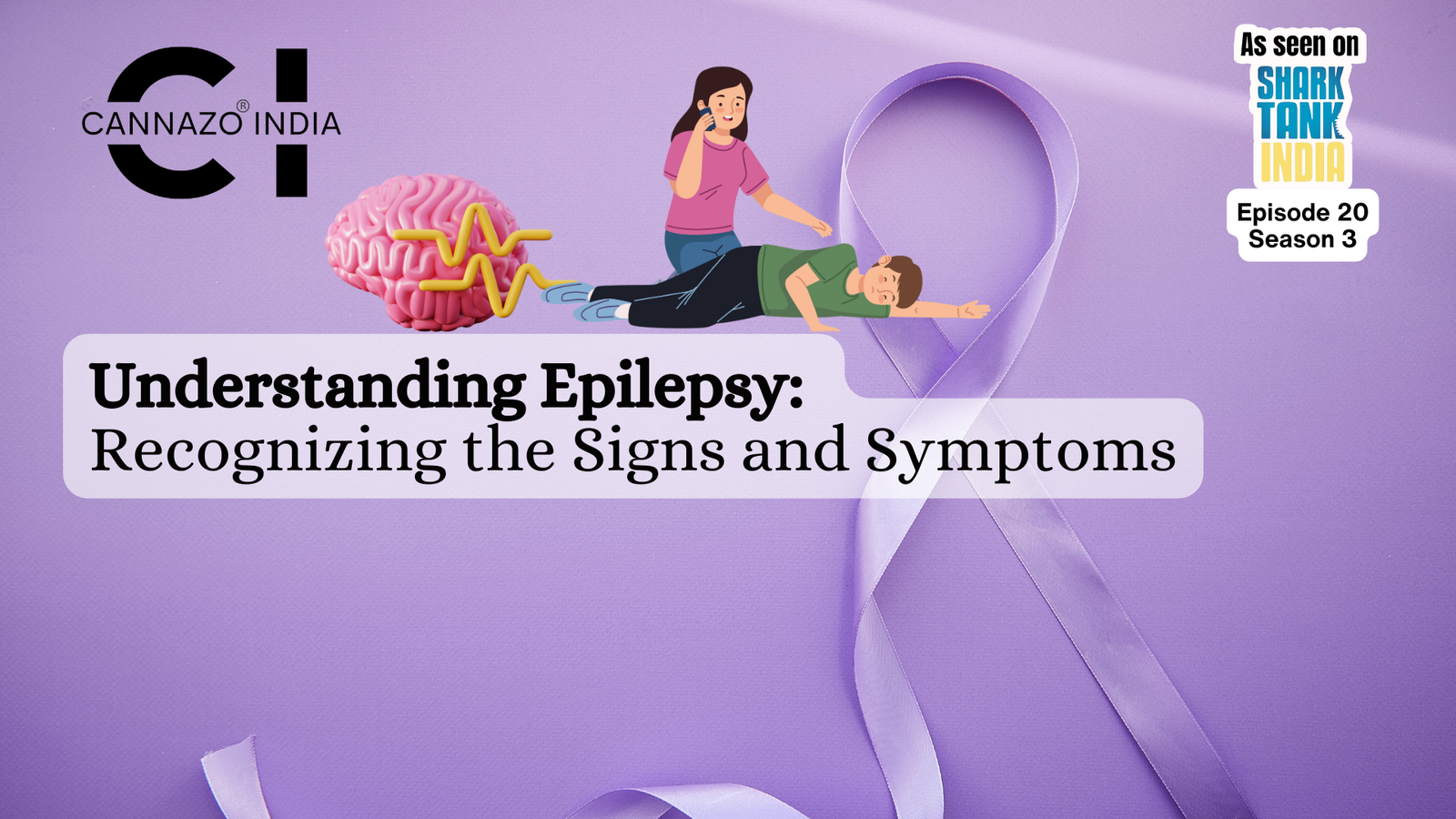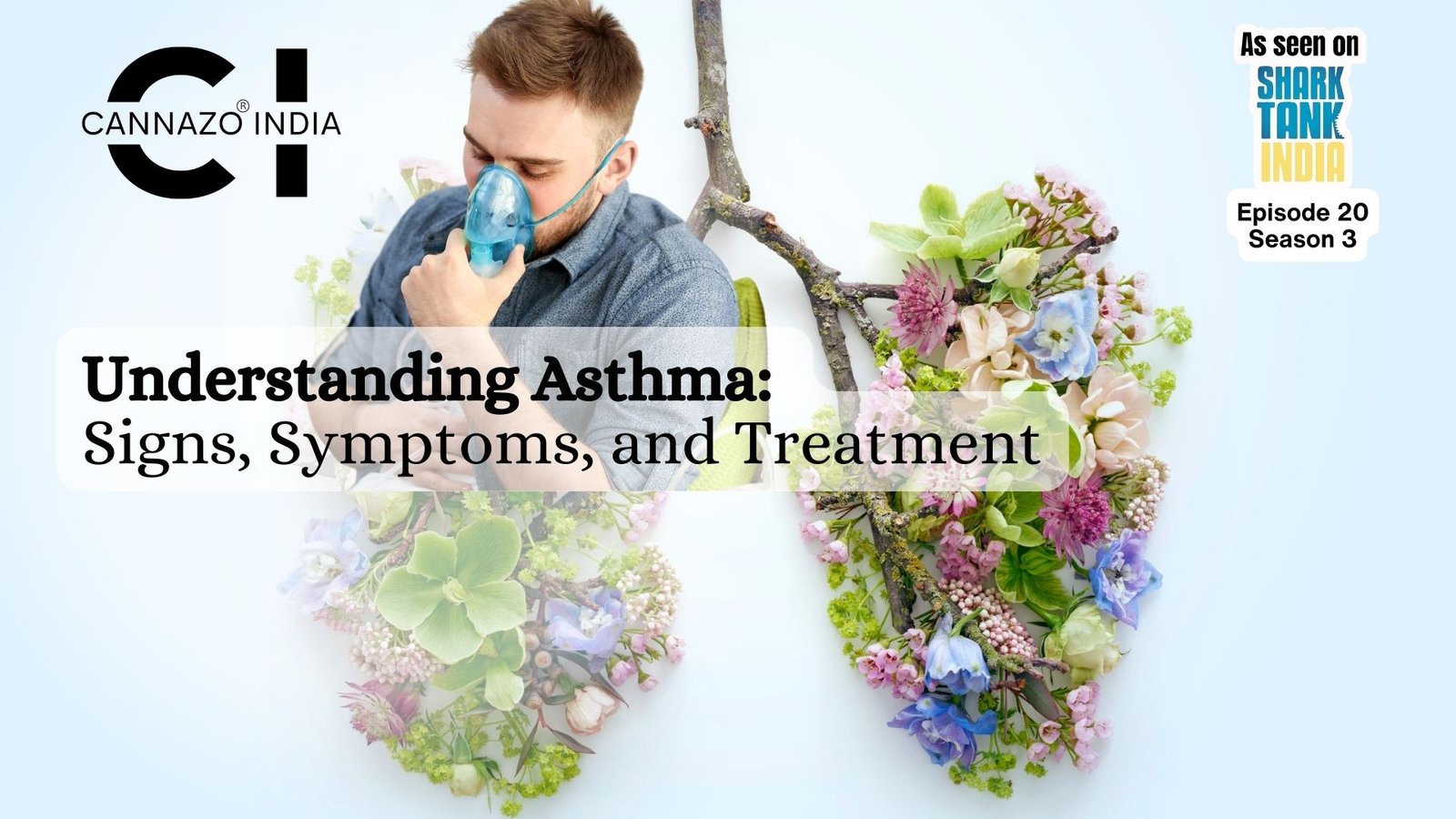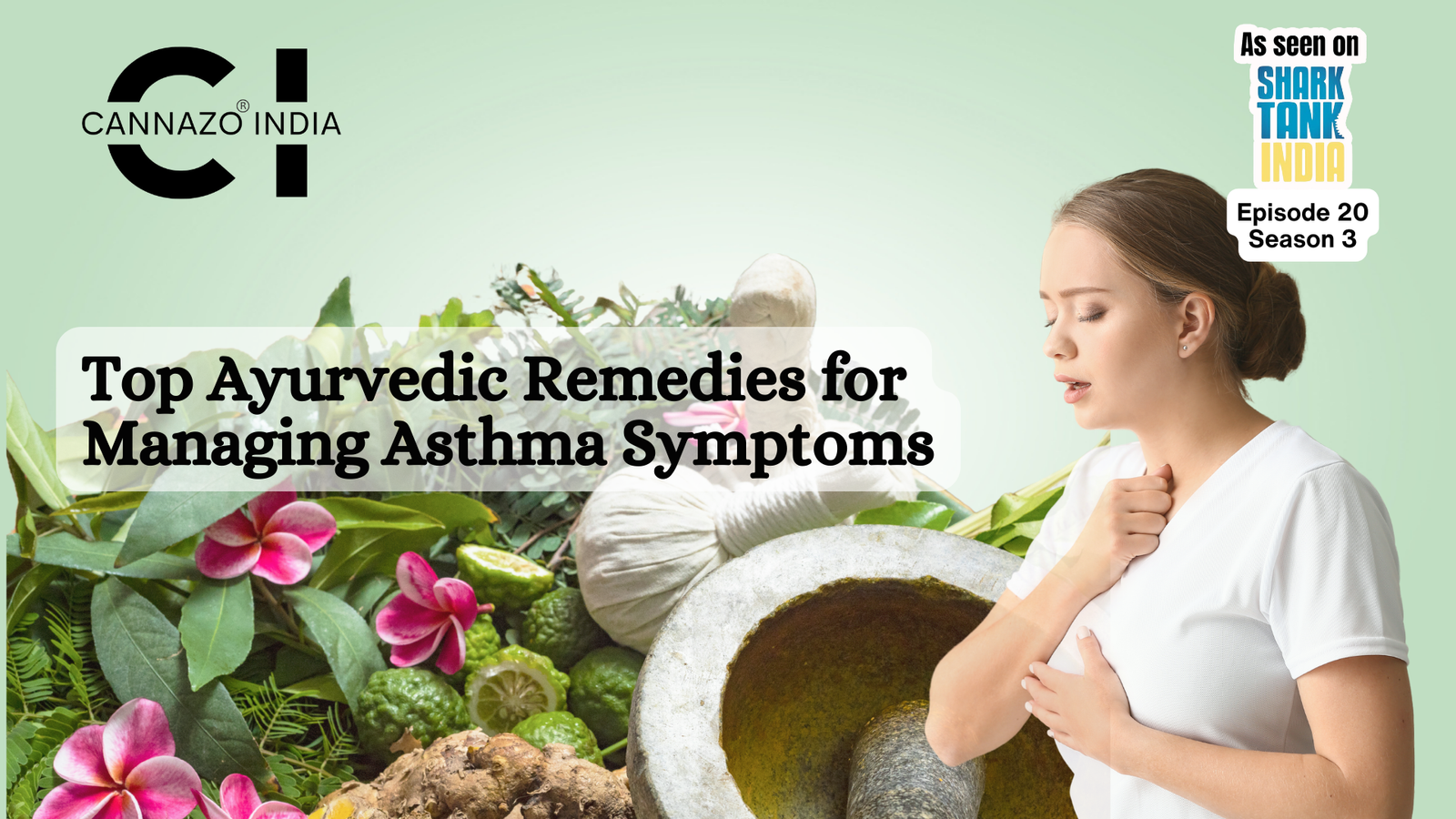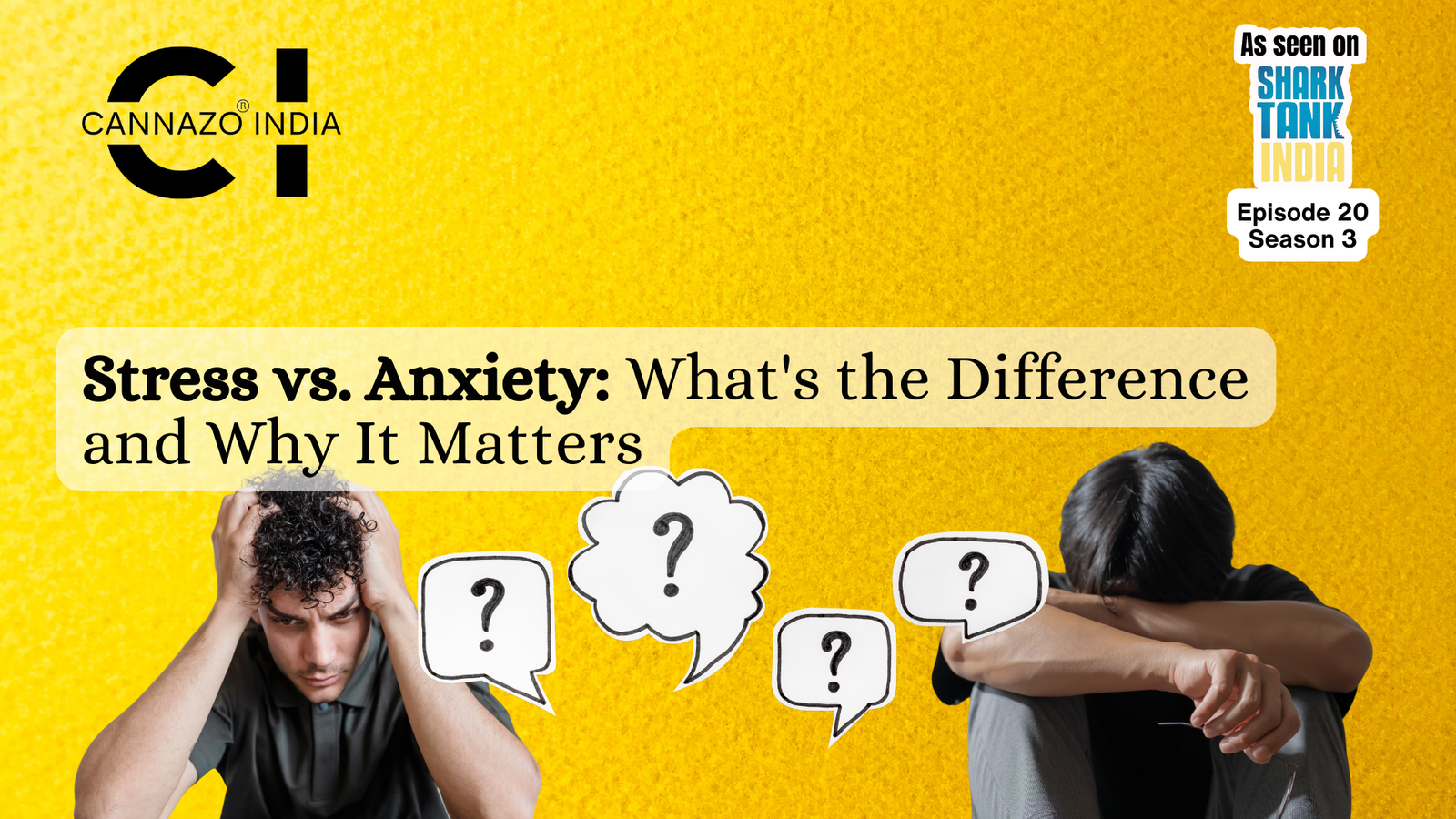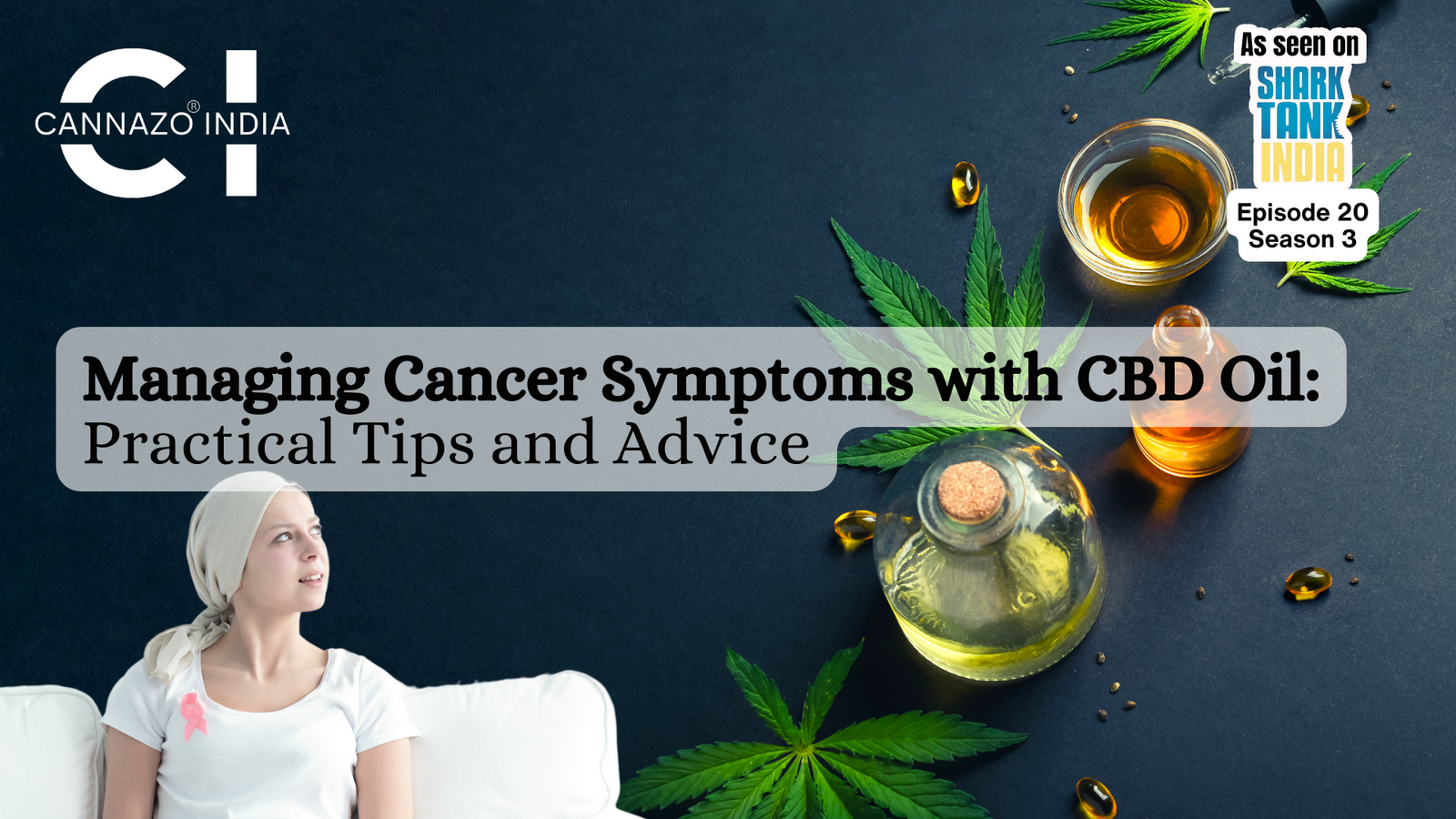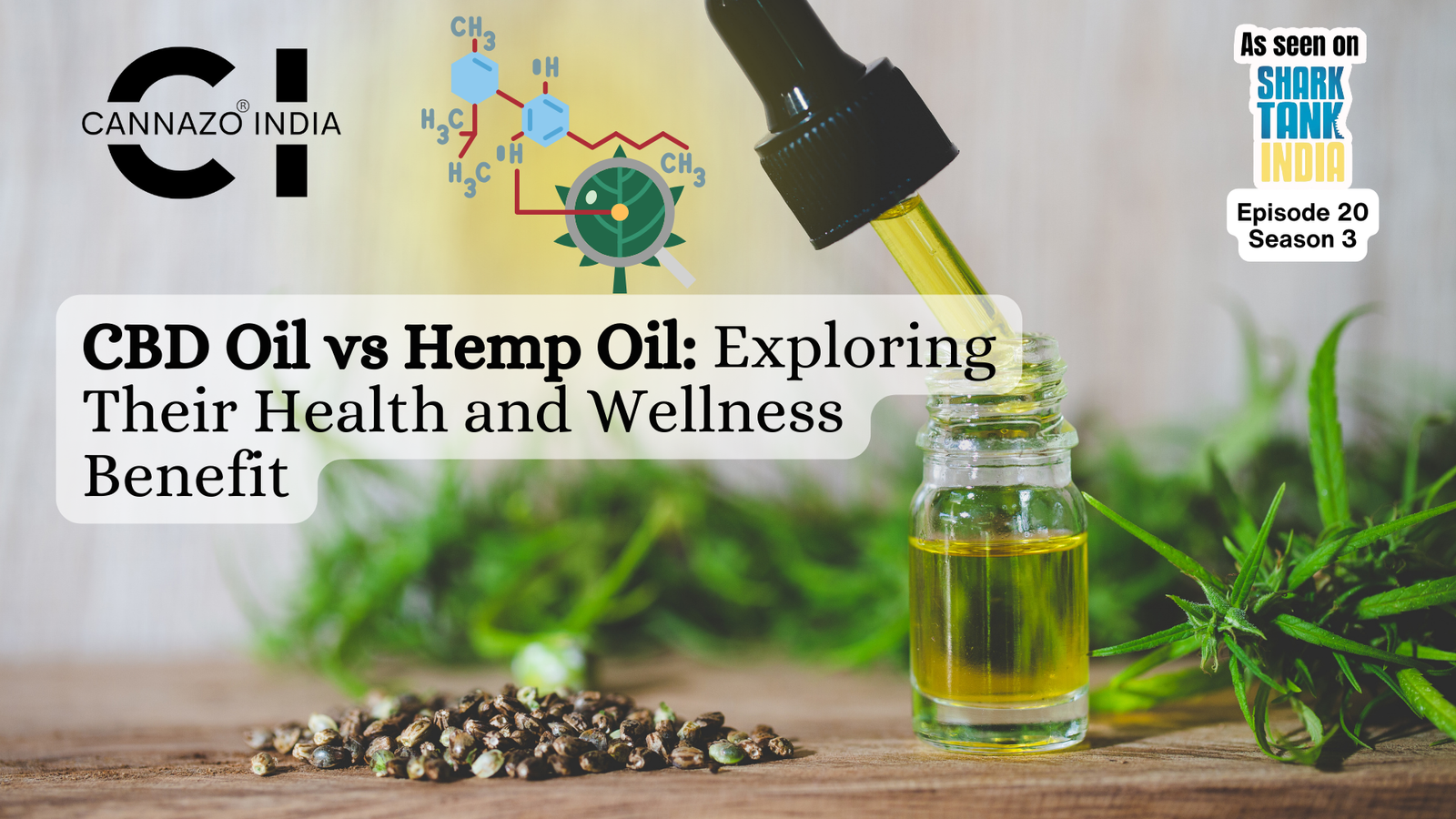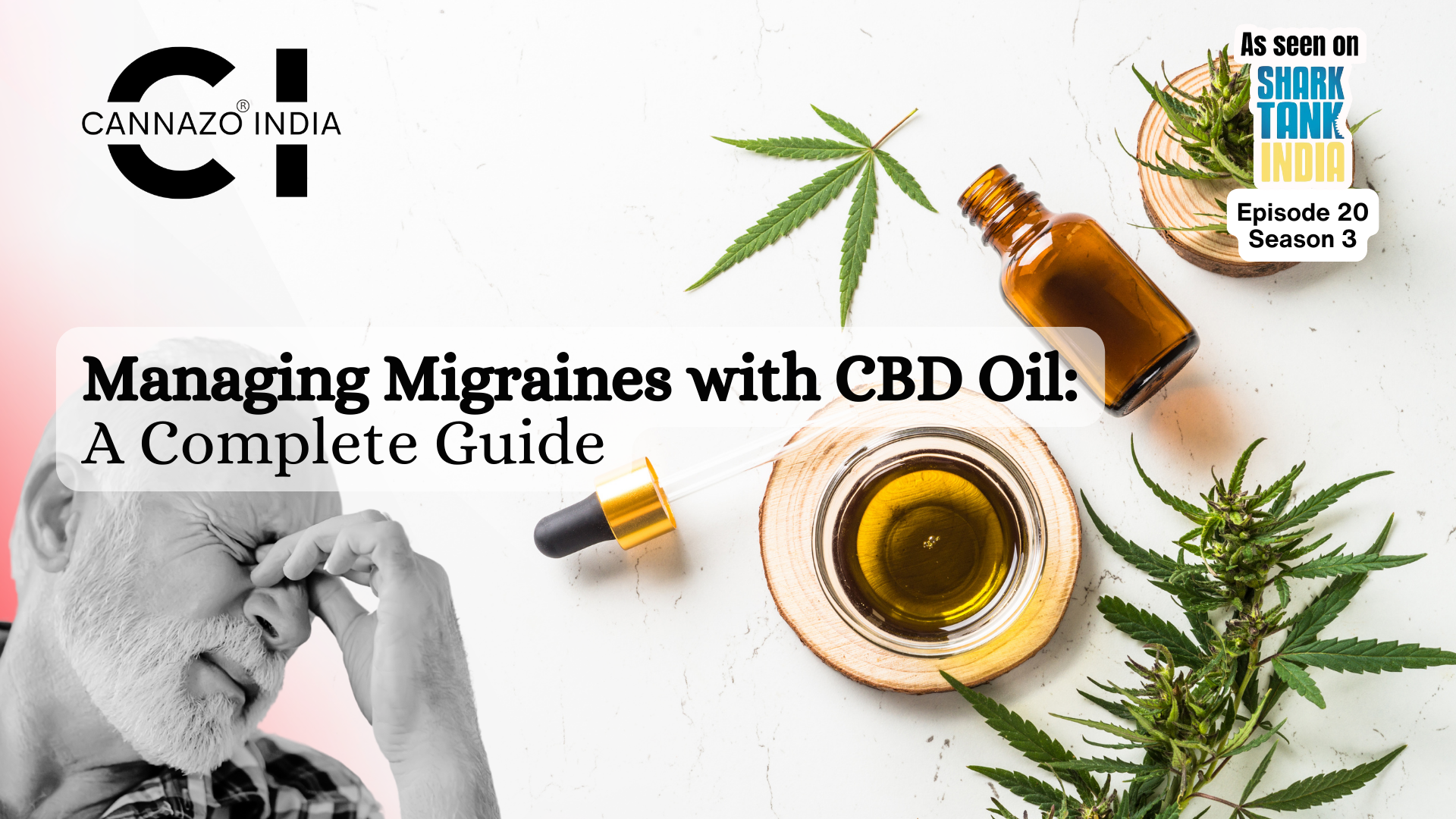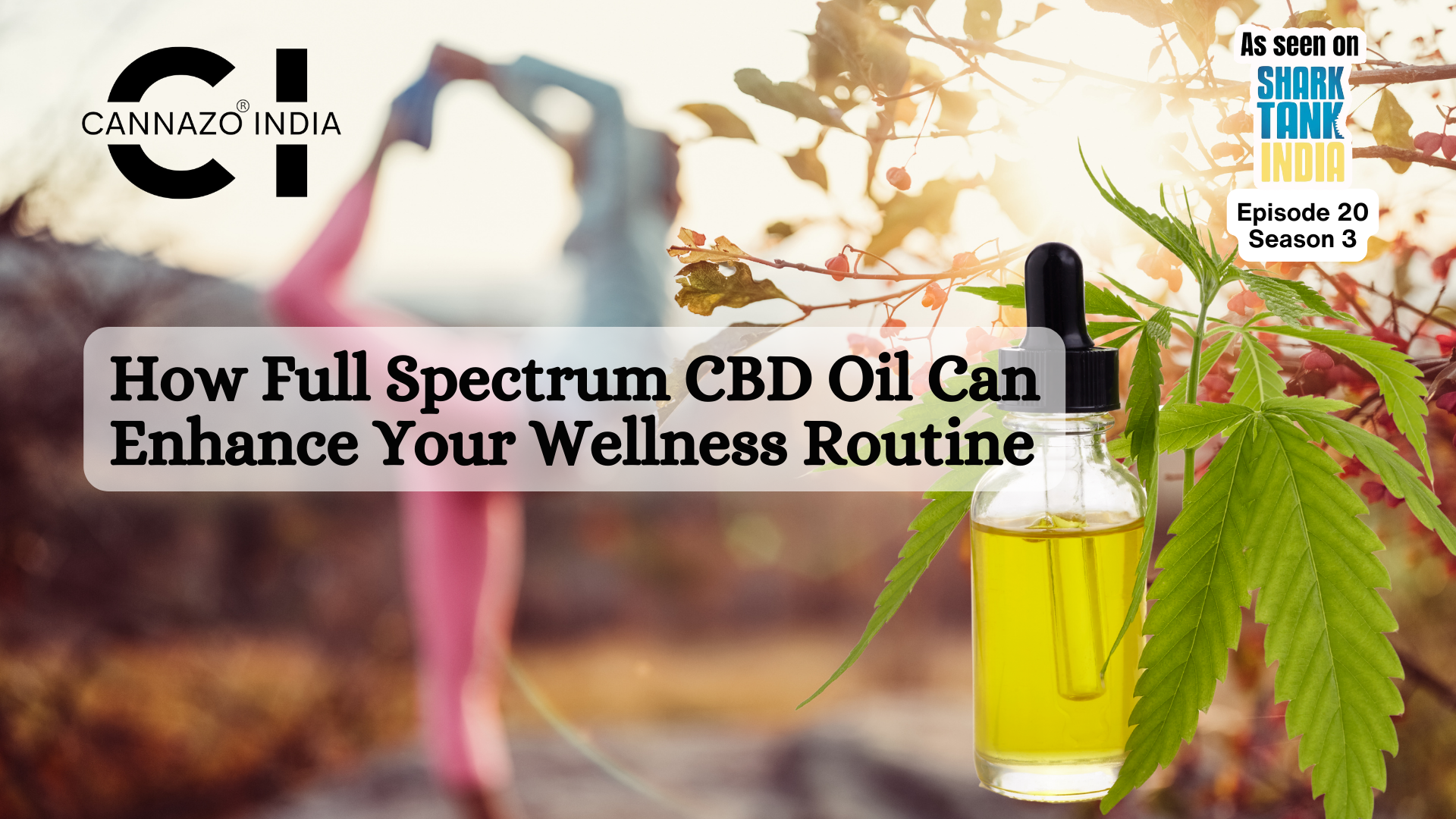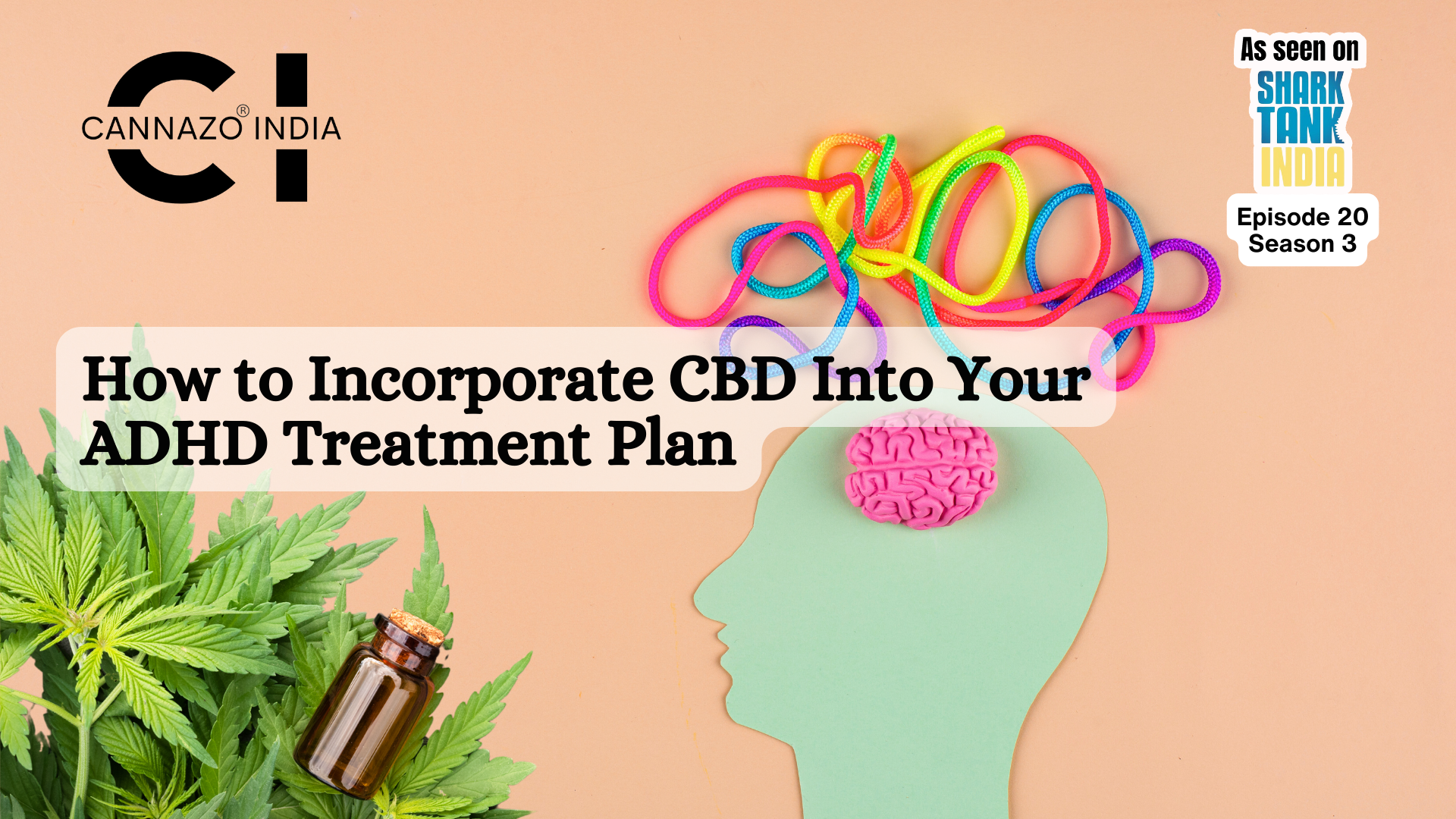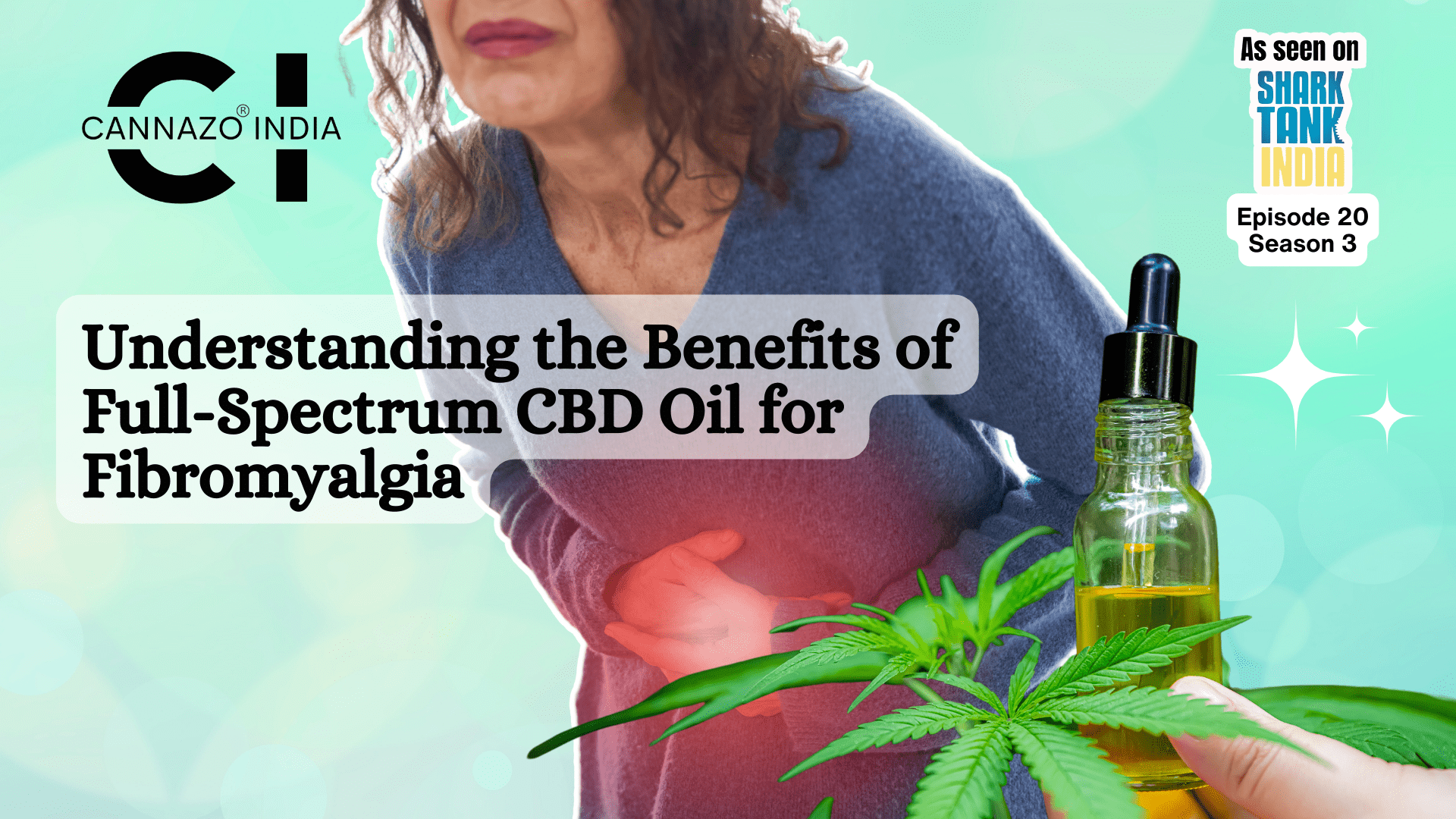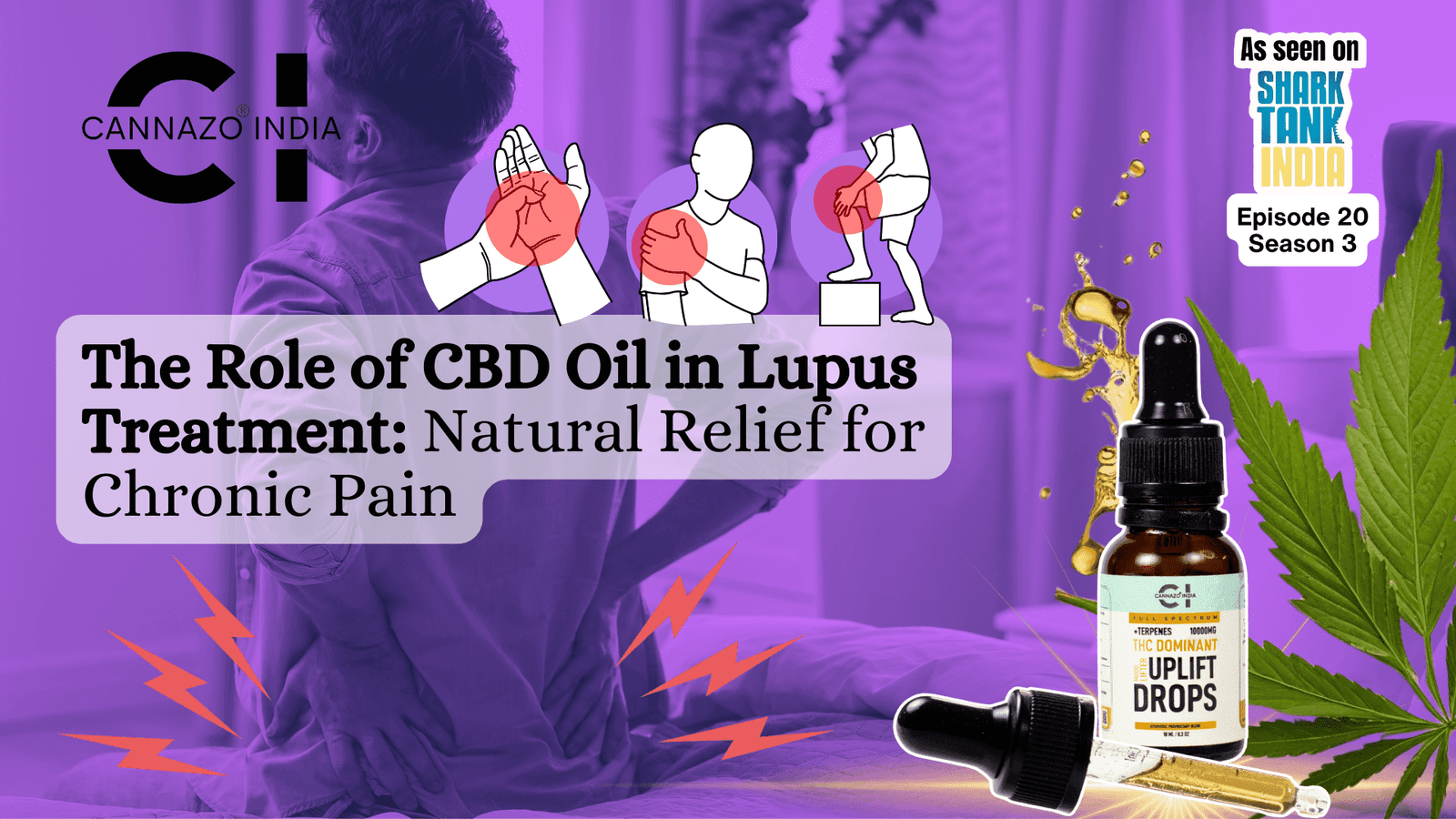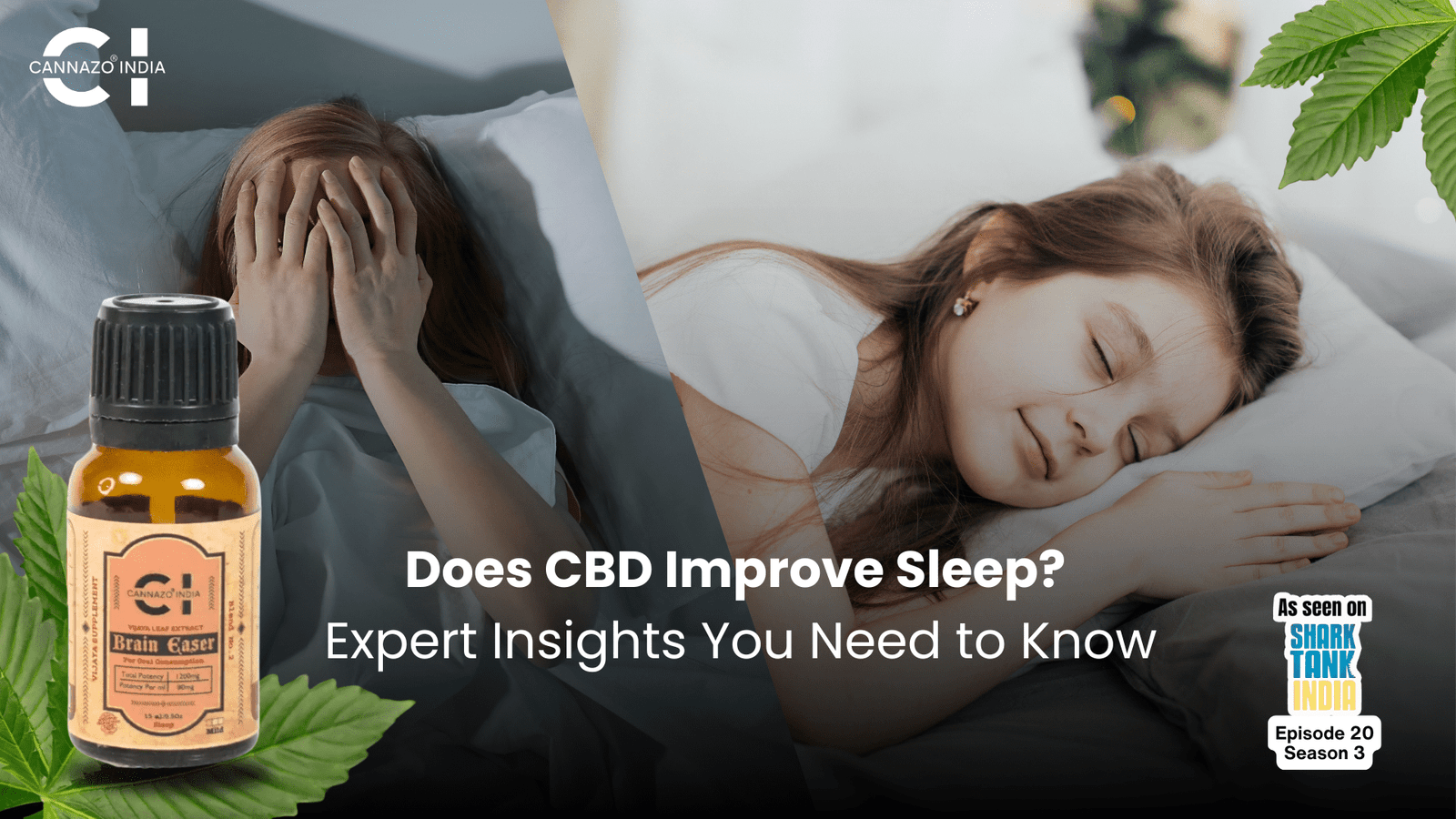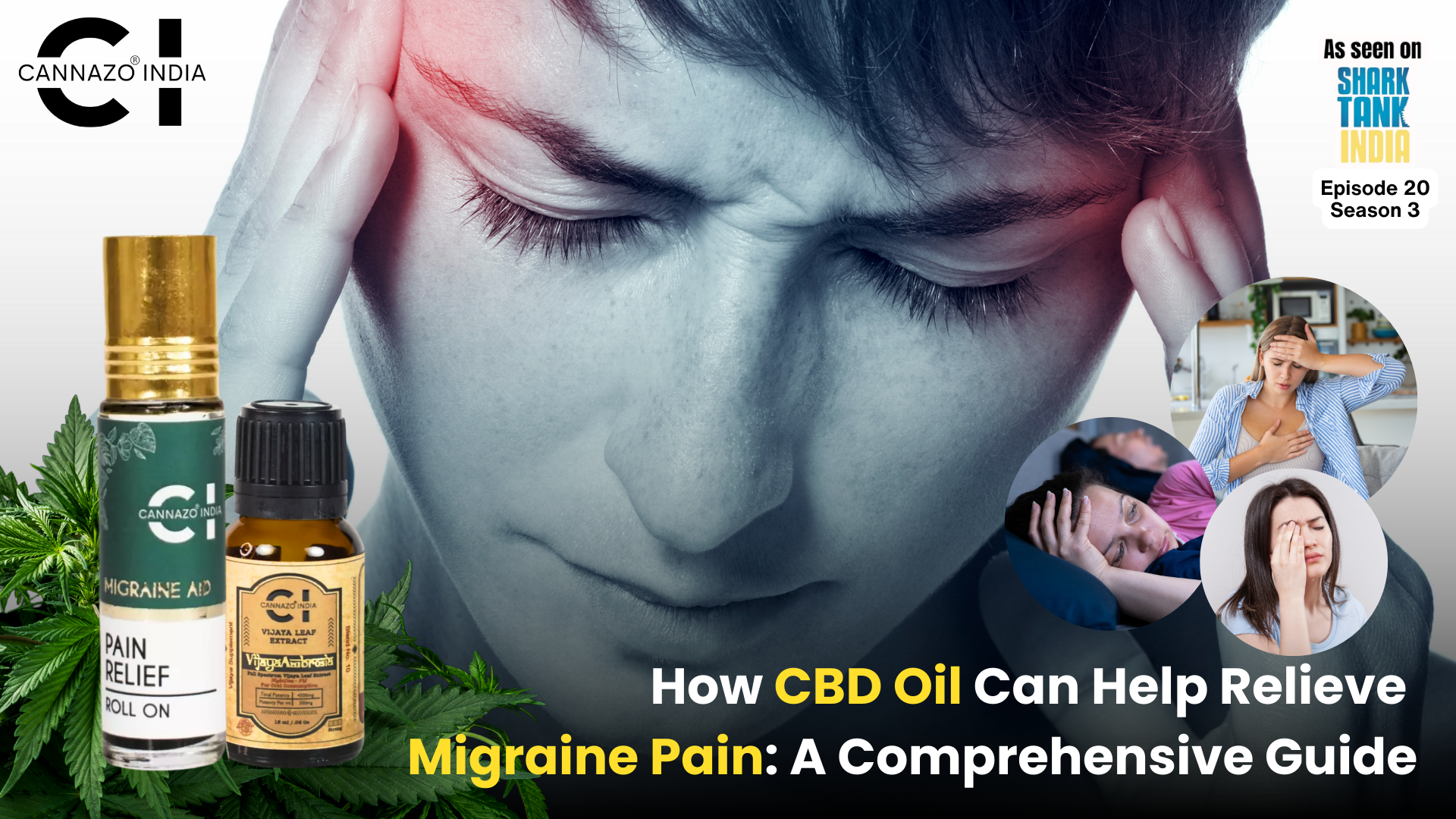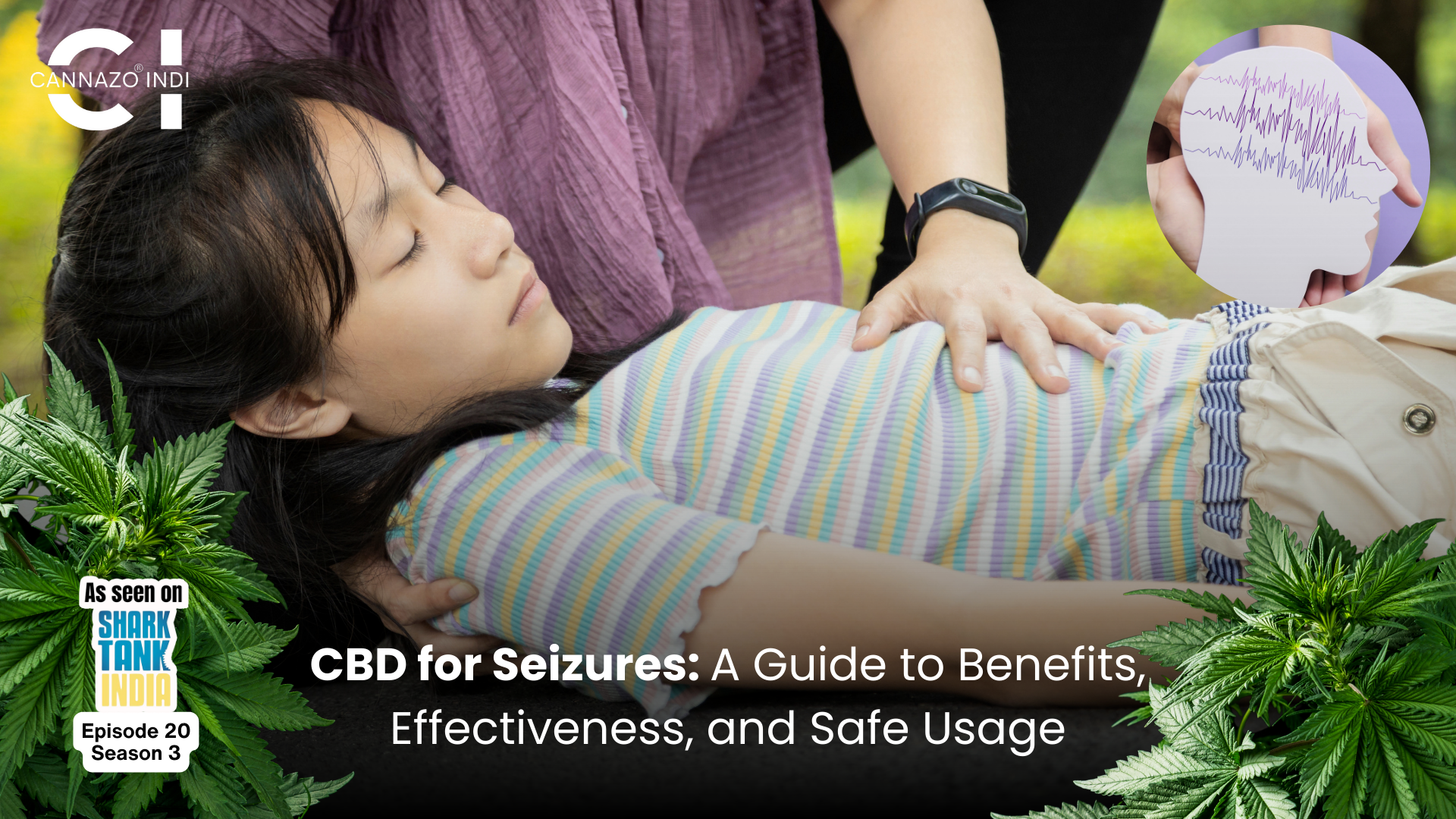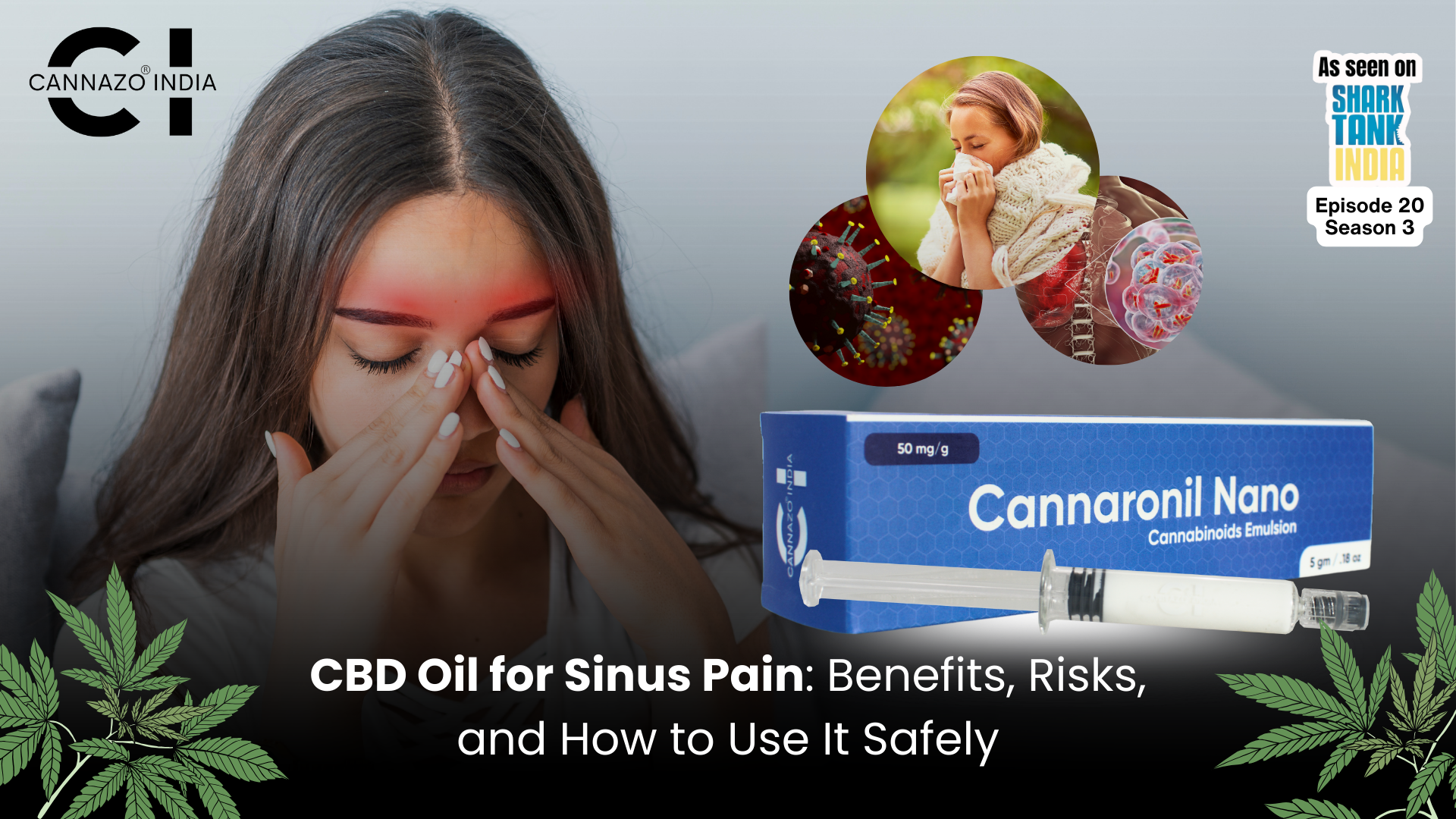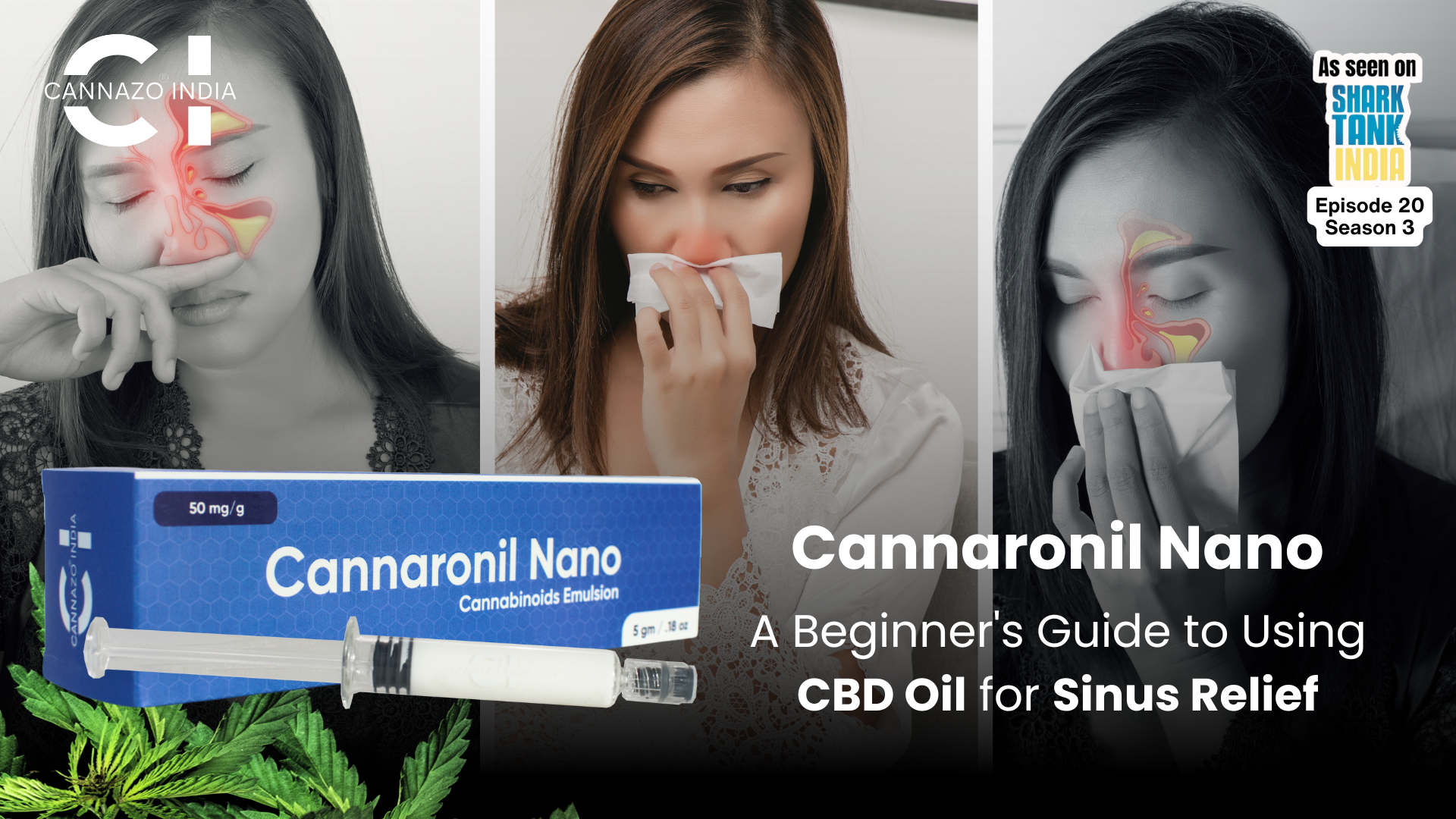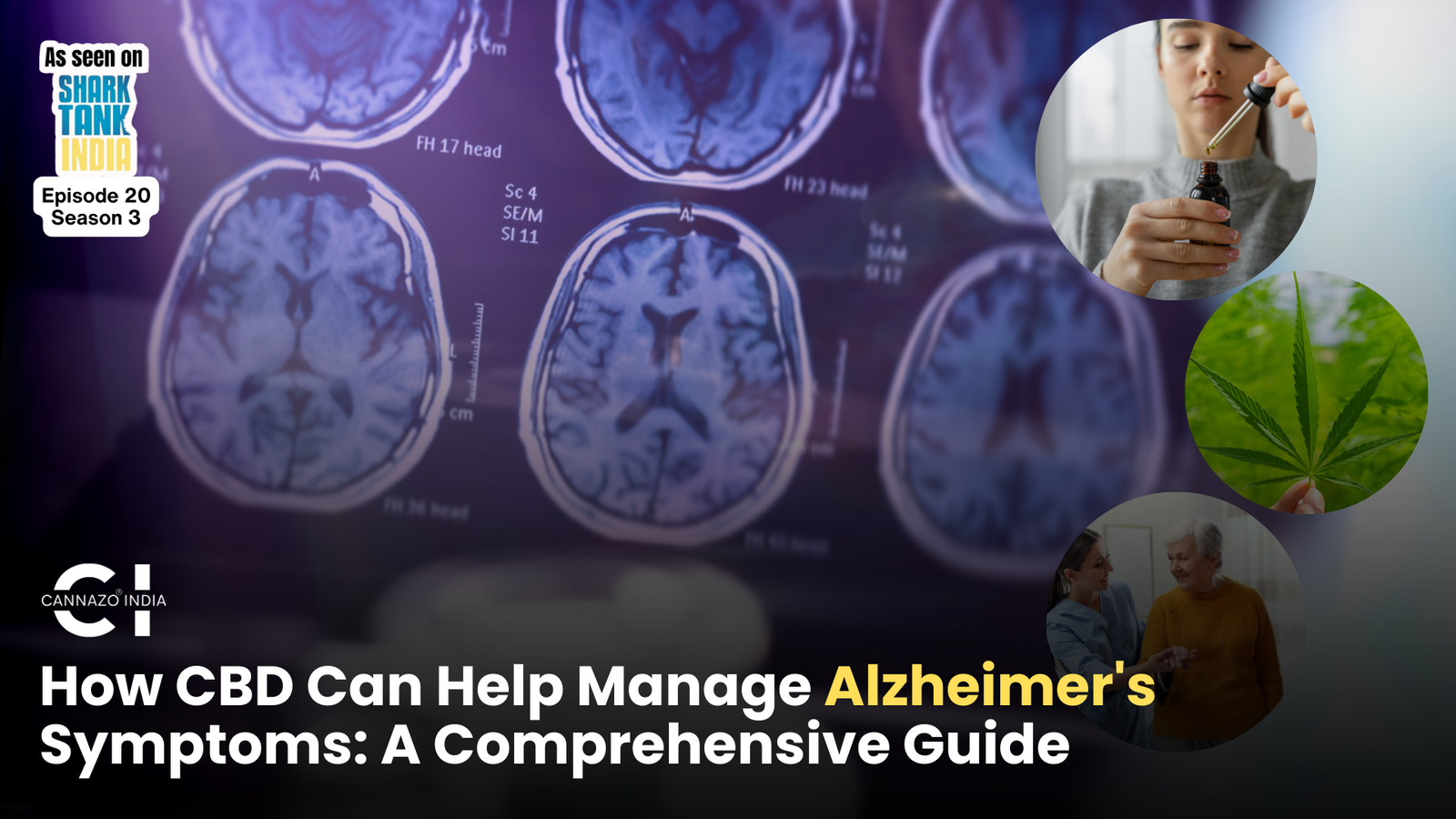Anxiety disorder is characterised by excessive worry and fear about daily situations which are otherwise simple. Although anxiety ca be treated using drugs like selective serotonin reuptake inhibitors (SSRIs), selective serotonin-norepinephrine reuptake inhibitors (SNRIs), and tricyclic anti-depressants (TCAs), they have side effects like gastrointestinal distress, sexual dysfunction and bleeding (Bandelow et al., 2017).
Thus, popularity has been rising in the field of Ayurvedic medicine for anxiety. This article talks about the use of certain Ayurveda medicines for anxiety treatment including Ashwagandha, Brahmi, Jatamanasi, Tulsi, Shankhpushpi and Vijaya.
Understanding Anxiety in Ayurveda
According to Ayurvedic principles, anxiety disorder presents with similar symptoms to Chiitodvega, like excessive worry or fear, heart palpitations and negative thoughts.
Ayurvedic texts also talk about the use of many plants and herbs for its treatment. Many animal studies and clinical studies have tested the efficacy of various Ayurvedic medicines for anxiety treatment.
Ashwagandha
Ashwagandha or Withania somnifera, has numerous benefits like decreasing inflammation, aiding the immune system, antimicrobial activity and antioxidant properties. Moreover, it has also shown anxiolytic effects in many studies (Bharti et al., 2016).
A systematic review (Pratte et al., 2014) discussed the efficacy of Ashwagandha for the treatment of anxiety. Pratte et al. (2014) concluded that ashwagandha resulted in a significant reduction in anxiety or stress scores, more so than placebo in some cases. Ashwagandha resulted in a 56.5% decrease in Beck Anxiety Inventory (BAI) scores in one study and a 44% decrease in the Perceived Stress Scale (PSS) score, while placebo resulted in just a 30.5% and 5.5% decrease, respectively.
Bharti et al. (2016) also extensively review the use of Ashwagandha and its bioactive molecules like withanosides, withanolides, glycowithanolides, etc. for treating numerous conditions like Alzheimer’s, stress, cancer, etc.
Brahmi
Ayurvedic medicine for anxiety also includes Brahmi or Bacopa monneri, which is a broncho-vasodilator and has been reported to alleviate bronchitis, diarrhoea, and cough. However, it has also been shown to aid with anxiety when taken with other Ayurvedic medications (Deo & Reddy, 2013).
A 2001 study published in Psychopharmacology tested the efficacy of Brahmi cognitive function including learning and memory. They found that Brahmi improves learning rate, visual information processing and memory. However, they also found that it improved state anxiety; over 12 weeks, it decreased by 17.9% in patients receiving Brahmi while it increased by 7.5% in patients receiving a placebo (Stough et al., 2001).
Jatamansi
Valeriana jatamansi has been found to have five compounds namely, isochlorogenic acid A, isochlorogenic acid B, isochlorogenic acid C, chlorogenic acid and hesperidin, which show anti-anxiety activity. These compounds regulate many cell signalling pathways which leads to a synergistic anti-anxiety effect (Wang et al., 2021).
An animal study published in the Journal of Pharmacognosy and Phytochemistry (Mude et al., 2020) found that Nardostachys jatamansi root extract showed anti-depressant and anti-anxiety activity with improvement in locomotor activity in rats deprived of sleep.
Tulsi
Another Ayurvedic medicine for anxiety is Tulsi. Tulsi or holy basil (Ocimum species) is popularly known to have medicinal properties. It has been shown to relieve inflammation in asthmatic patients, decrease blood pressure in hypertensive patients and even improve lipid profile in type 2 diabetes patients (Jamshidi & Cohen, 2017).
A 2008 trial studied the effect of Ocimum sanctum leaf extract on relieving anxiety and observed a 34.2% decrease in anxiety score and a 30.8% decrease in depression while attention improved by 33.9% (Bhattacharyya et al., 2008).
Shankhpushpi
Shankhpushpi (Convolvulus pluricaulis) is another Ayurvedic medicine for anxiety which also benefits the body by improving appetite, digestion, general emotional well-being and memory (Jalwal et al., 2016).
In an animal study by (Yadav et al., 2020) evaluating the effect of Shankhpushpi in rat models of anxiety, a significant decrease in anxiety was observed. Moreover, combining it with omega-3 fatty acids led to a significantly greater anxiolytic effect.
A review also mentions a 1982 local study where Shankhpushpi was given to people with anxiety, and after 6 weeks patients had more energy (91% patients) and concentration (60-70% patients) (Husain et al., 2007).
Vijaya
Vijaya or cannabis (Cannabis sativa) has shown anti-inflammatory, pain-relieving, anxiolytic and stress-relieving activities. Many clinical trials have tested its suitability as an Ayurvedic medicine for anxiety management. The main efficacious compound in Vijaya is cannabidiol (CBD) which is offered in different kinds of formulations by various brands like Cannazo India.
(Dahlgren et al., 2022) studied the efficacy of a CBD sublingual solution. Their results showed that most patients administered CBD experienced at least a 15% reduction in symptoms within a week and the BAI scores had significantly reduced by the fourth week.
Conclusion
Since anxiety disorder causes various physical and psychological symptoms, it can degrade the quality of life, making its treatment crucial.
Although conventional drugs like SSRIs, SNRIs, and TCAs offer good efficacy, they also have numerous side effects, for which natural Ayurvedic alternatives have been studied. Ayurvedic medicine for anxiety treatment includes herbs like Ashwagandha, Tulsi and Vijaya.
References
- Bandelow, B., Michaelis, S., & Wedekind, D. (2017). Treatment of anxiety disorders. Dialogues in Clinical Neuroscience, 19(2), 93–107. https://doi.org/10.31887/DCNS.2017.19.2/bbandelow
- Bharti, V. K., Malik, J. K., & Gupta, R. C. (2016). Ashwagandha. In Nutraceuticals (pp. 717–733). Elsevier. https://doi.org/10.1016/B978-0-12-802147-7.00052-8
- Dahlgren, M. K., Lambros, A. M., Smith, R. T., Sagar, K. A., El-Abboud, C., & Gruber, S. A. (2022). Clinical and cognitive improvement following full-spectrum, high-cannabidiol treatment for anxiety: Open-label data from a two-stage, phase 2 clinical trial. Communications Medicine, 2(1), 139. https://doi.org/10.1038/s43856-022-00202-8
- Deo, Y. K., & Reddy, K. R. C. (2013). Critical review on pharmacological properties of Brahmi. International Journal of Ayurvedic Medicine, 4(2). https://doi.org/10.47552/ijam.v4i2.238
- Jamshidi, N., & Cohen, M. M. (2017). The Clinical Efficacy and Safety of Tulsi in Humans: A Systematic Review of the Literature. Evidence-Based Complementary and Alternative Medicine, 2017, 1–13. https://doi.org/10.1155/2017/9217567
- Mude, G., Pise, S., Makade, K., Fating, R., & Wakodkar, S. (2020). Potentiating effect of N. Jatamansi root extract by evaluating anti-depression and anxiolytic activity in rats. Journal of Pharmacognosy and Phytochemistry, 9(3), 1734–1738.
- Pratte, M. A., Nanavati, K. B., Young, V., & Morley, C. P. (2014). An Alternative Treatment for Anxiety: A Systematic Review of Human Trial Results Reported for the Ayurvedic Herb Ashwagandha ( Withania somnifera ). The Journal of Alternative and Complementary Medicine, 20(12), 901–908. https://doi.org/10.1089/acm.2014.0177
- Stough, C., Nathan, P., Lloyd, J., Clarke, J., Hutchison, C., Downey, L., & Rodgers, T. (2001). The chronic effects of an extract of Bacopa monniera (Brahmi) on cognitive function in healthy human subjects. Psychopharmacology, 156(4), 481–484. https://doi.org/10.1007/s002130100815
- Wang, S.-N., Yao, Z.-W., Zhao, C.-B., Ding, Y.-S., Jing-Luo, Bian, L.-H., Li, Q.-Y., Wang, X.-M., Shi, J.-L., Guo, J.-Y., & Wang, C.-G. (2021). Discovery and proteomics analysis of effective compounds in Valeriana jatamansi jones for the treatment of anxiety. Journal of Ethnopharmacology, 265, 113452. https://doi.org/10.1016/j.jep.2020.113452
- Yadav, M., Pal, R., Kumar, R., Dixit, R., Sachan, A., & Nath, R. (2020). Effect of Shankhpushpi (convolvulus pluricaulis) alone and its Combination with Omega-3 fatty acid on anxiety in an animal model of rats.





